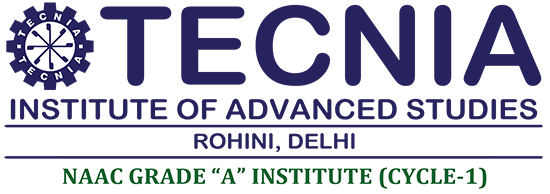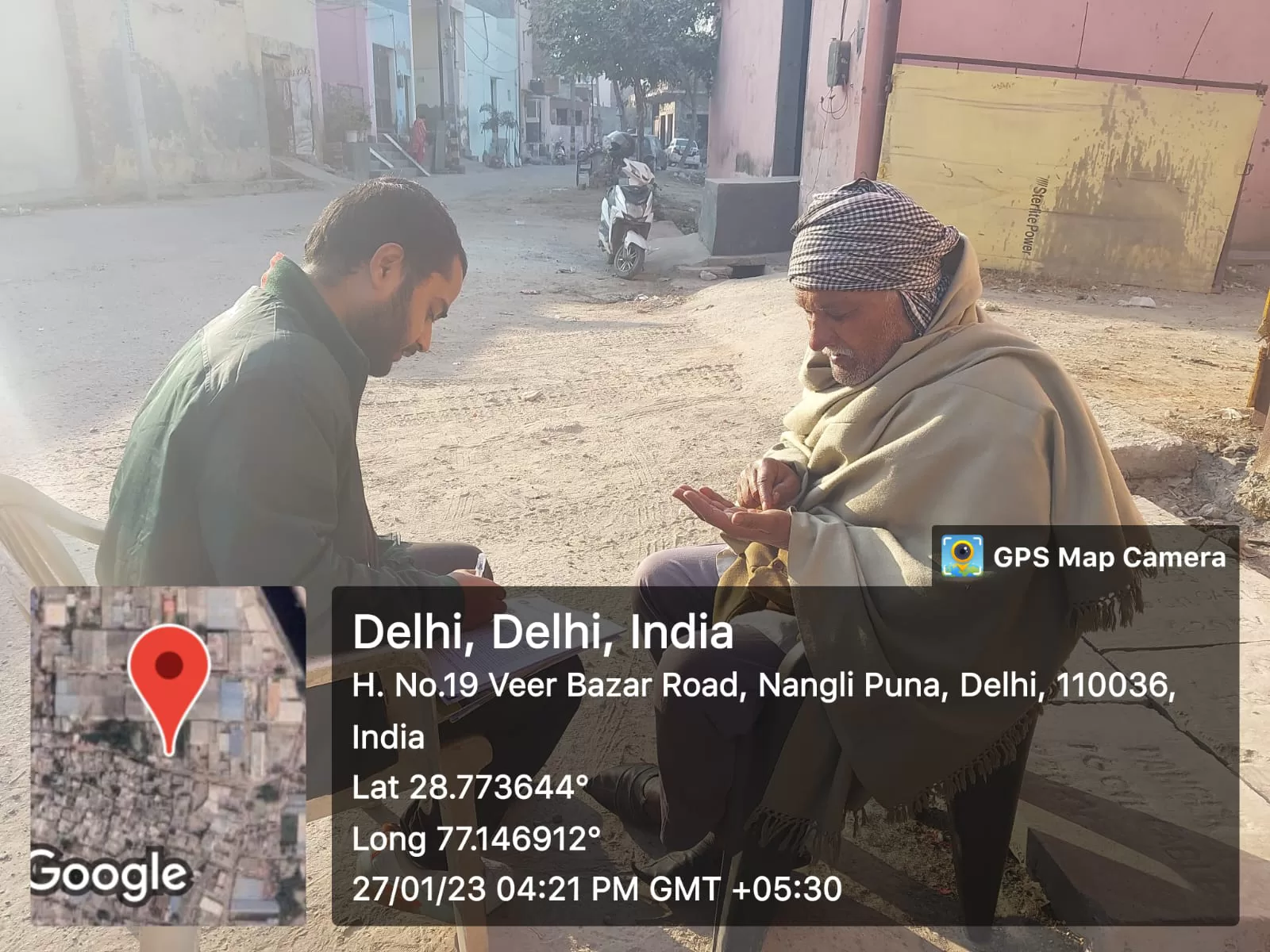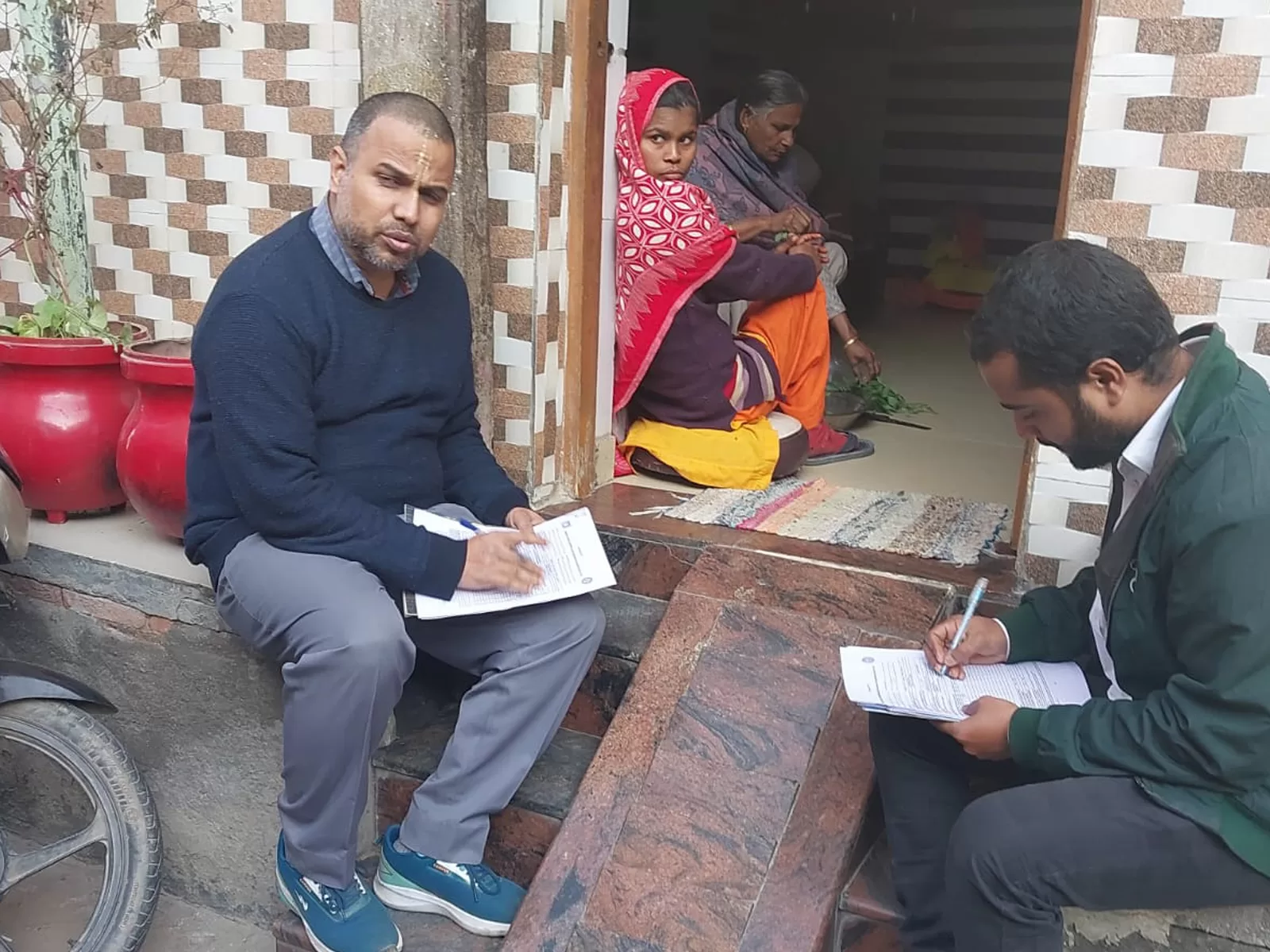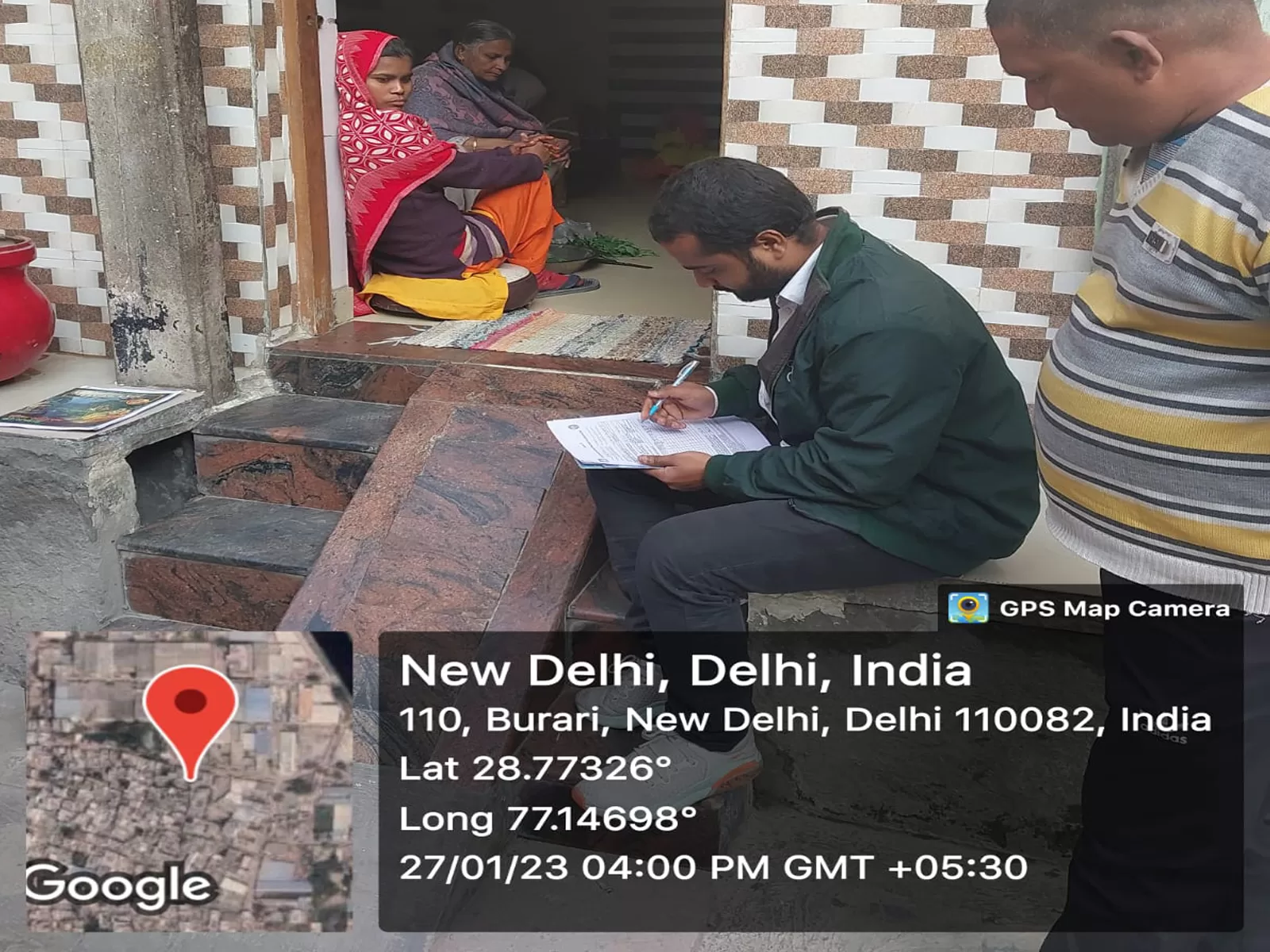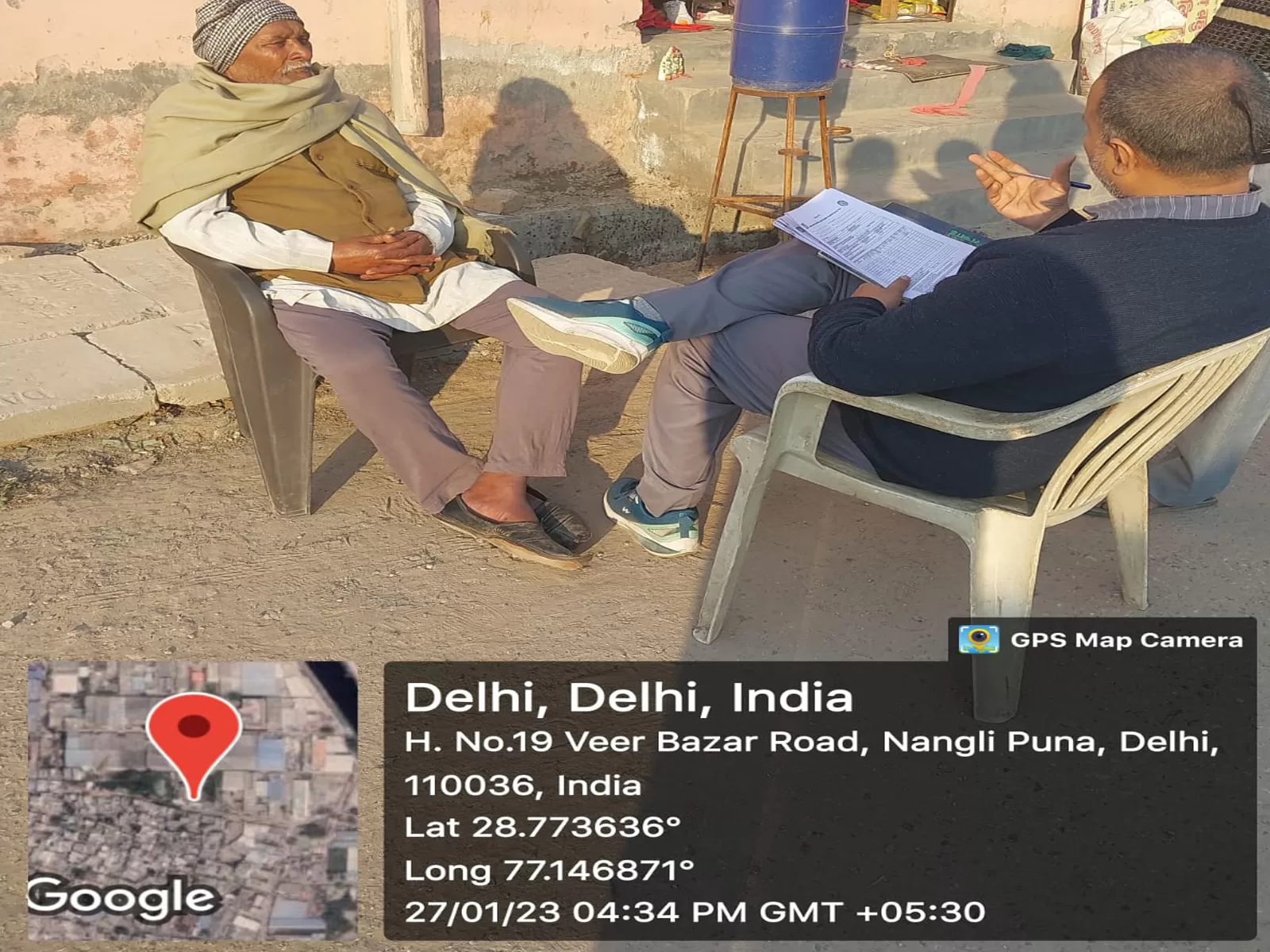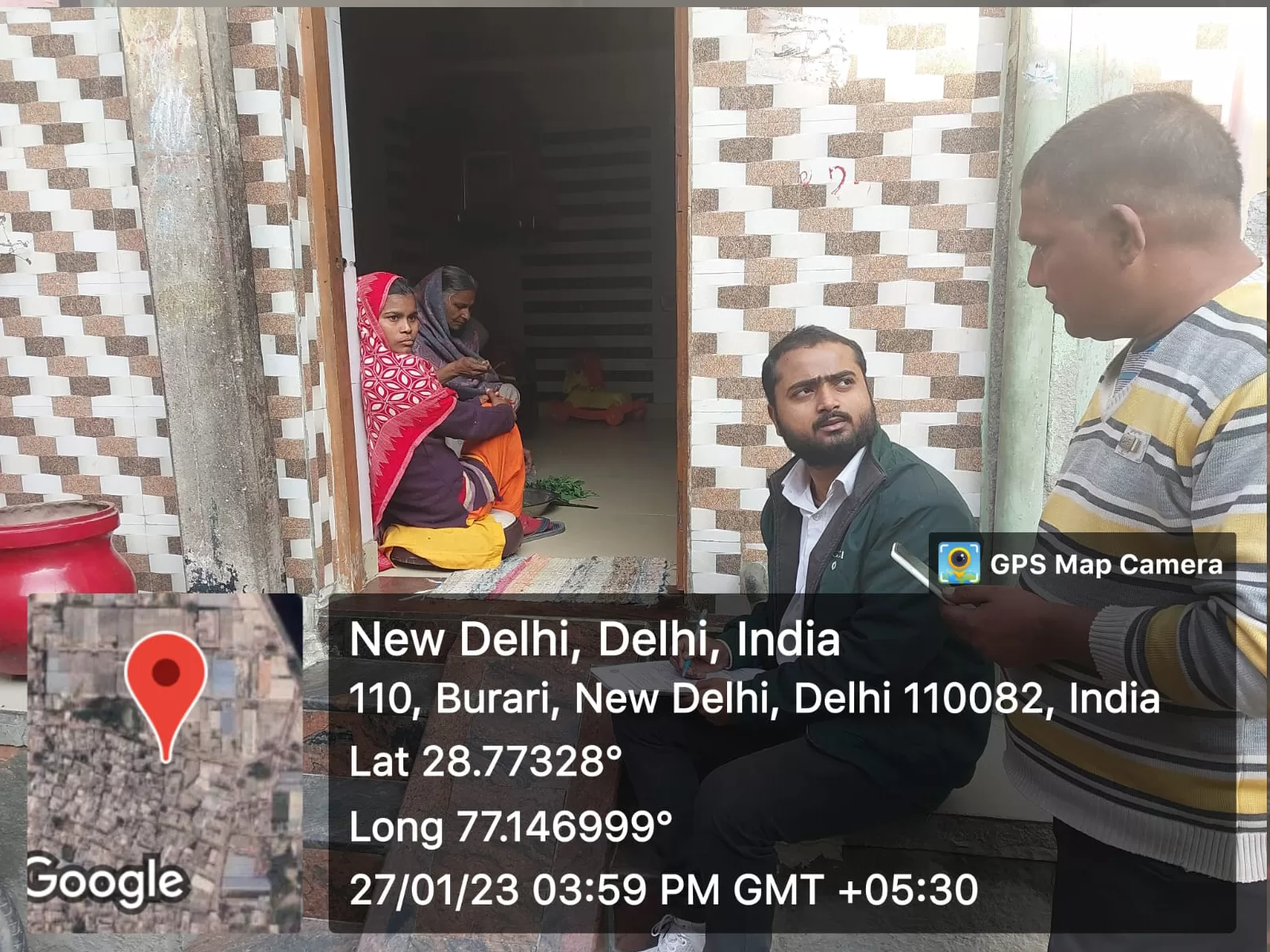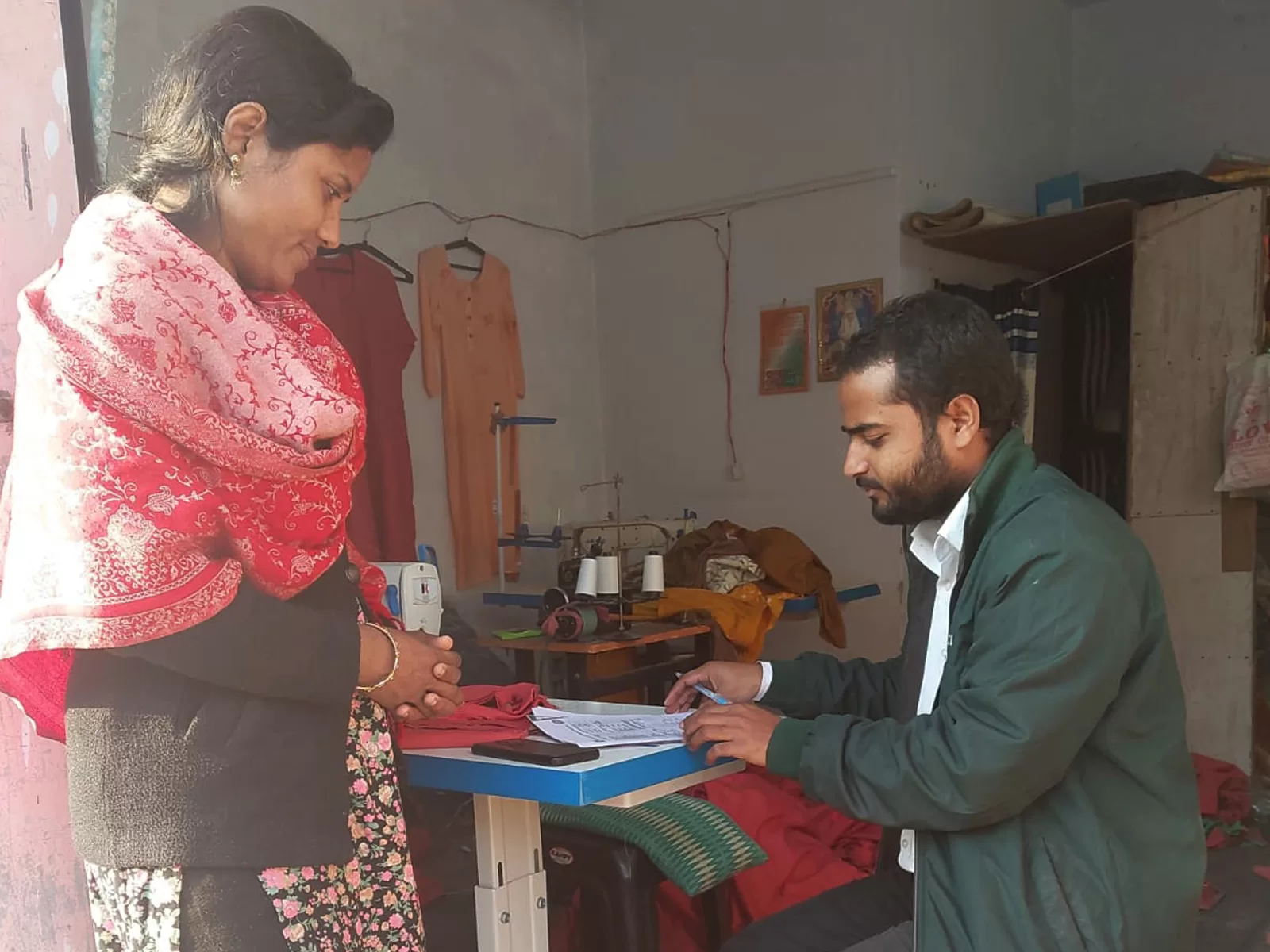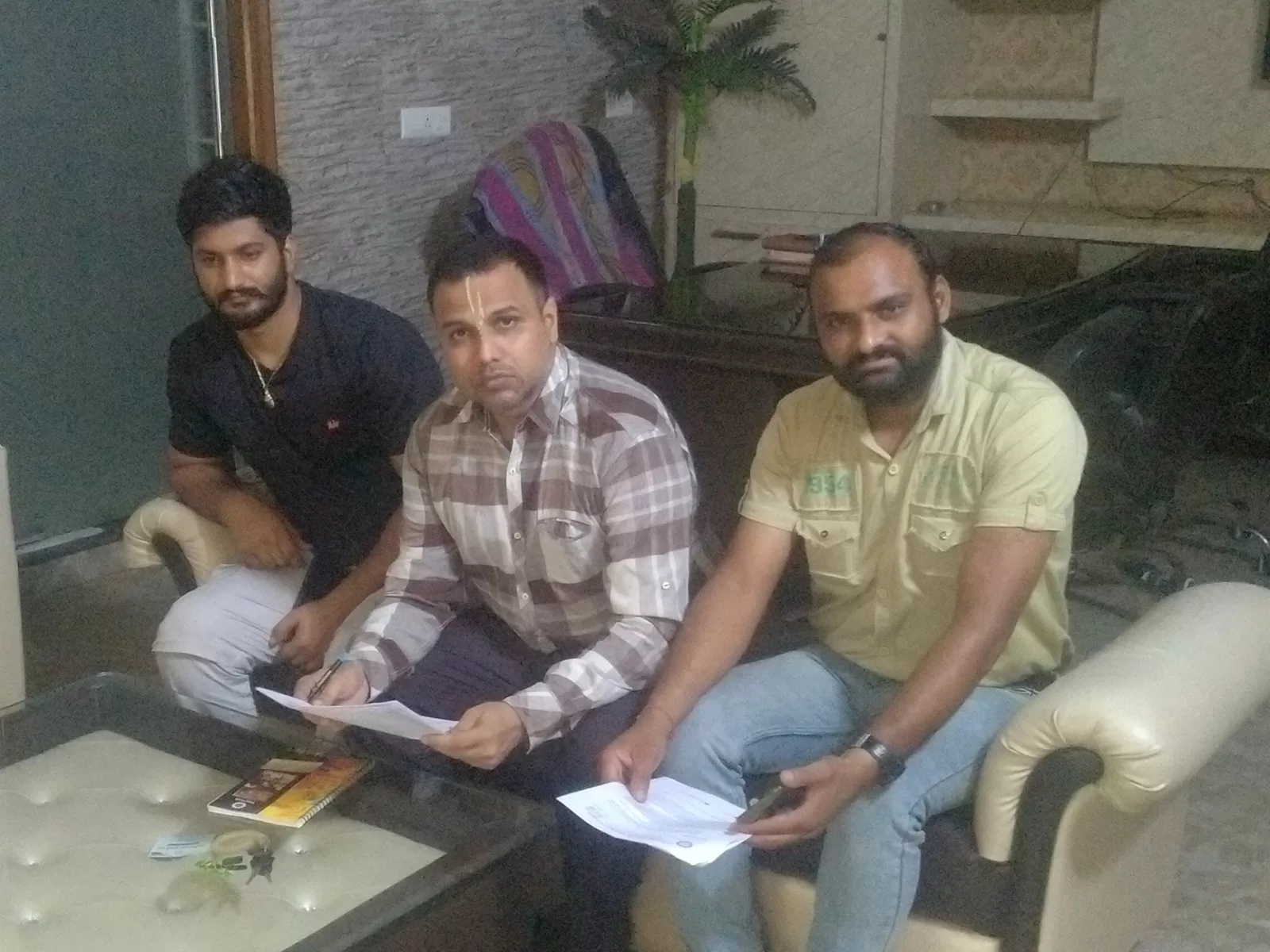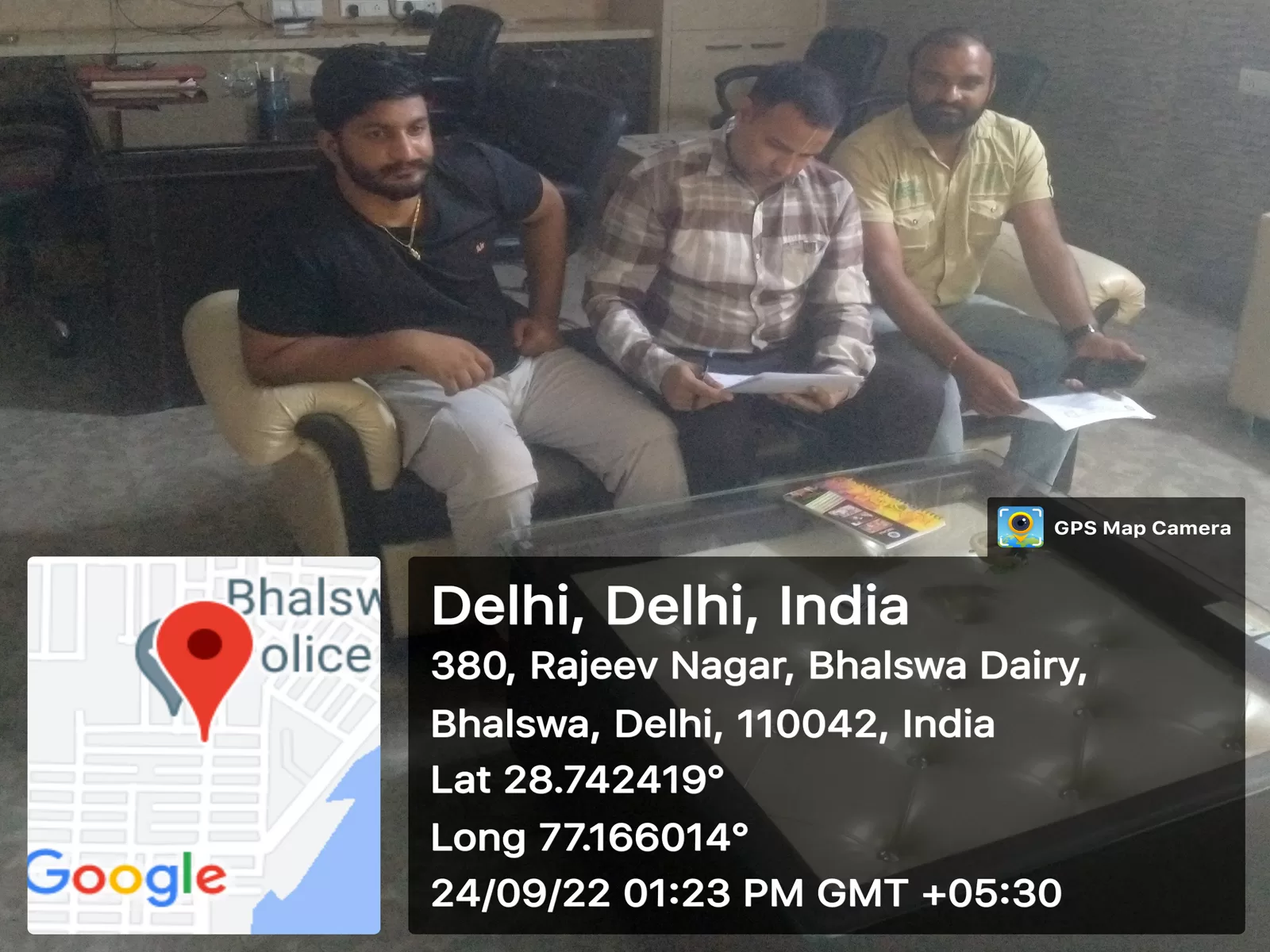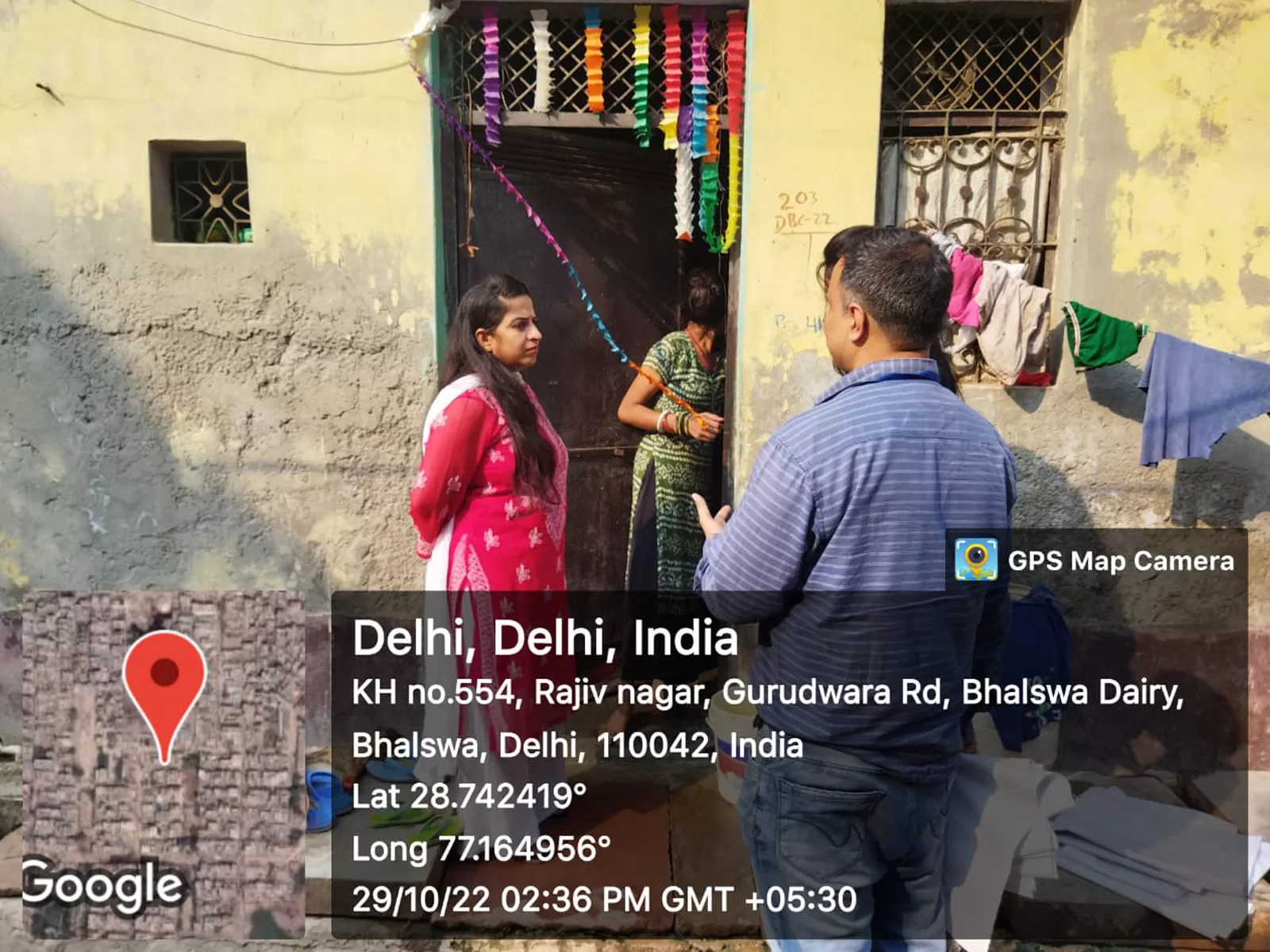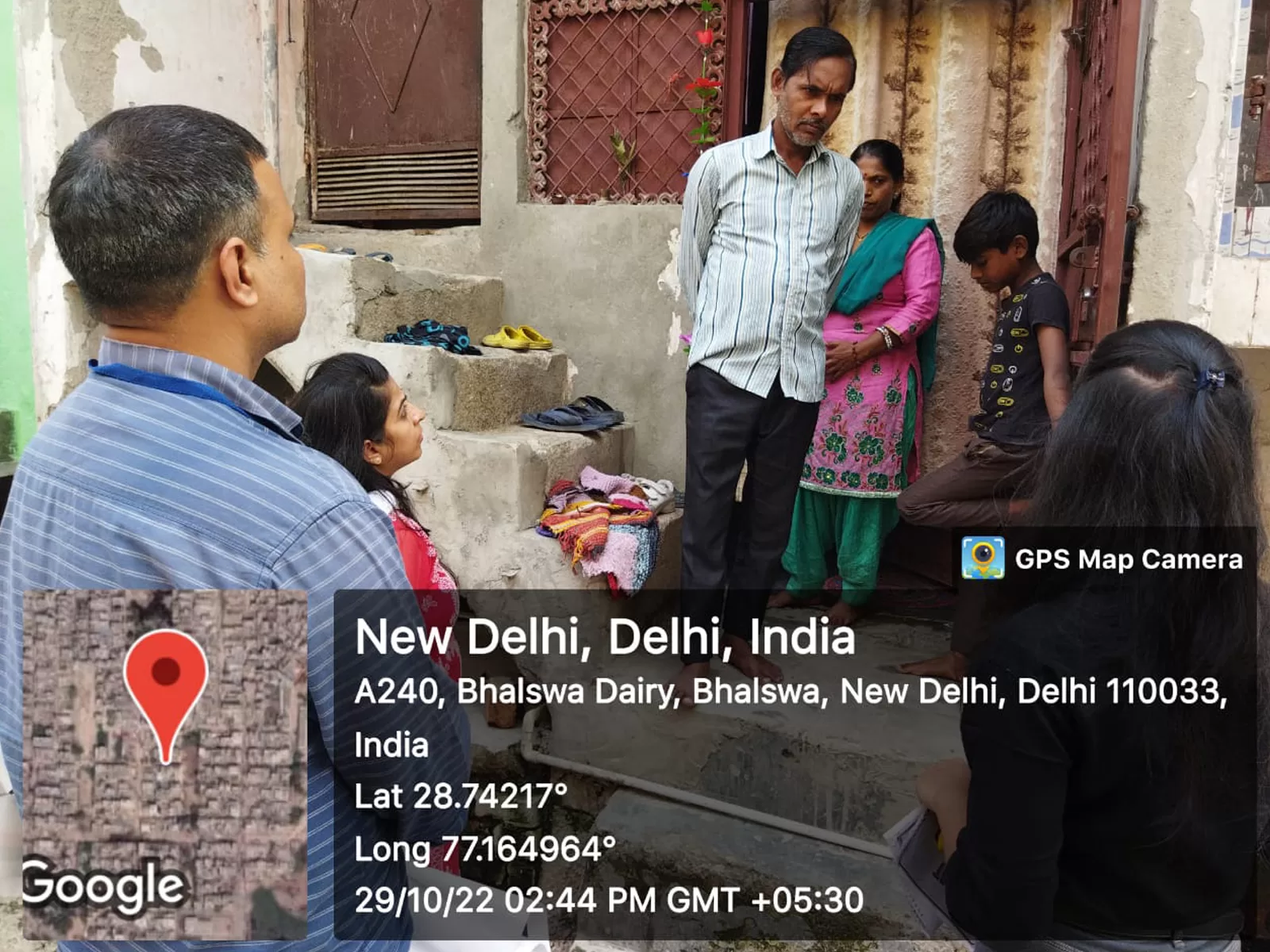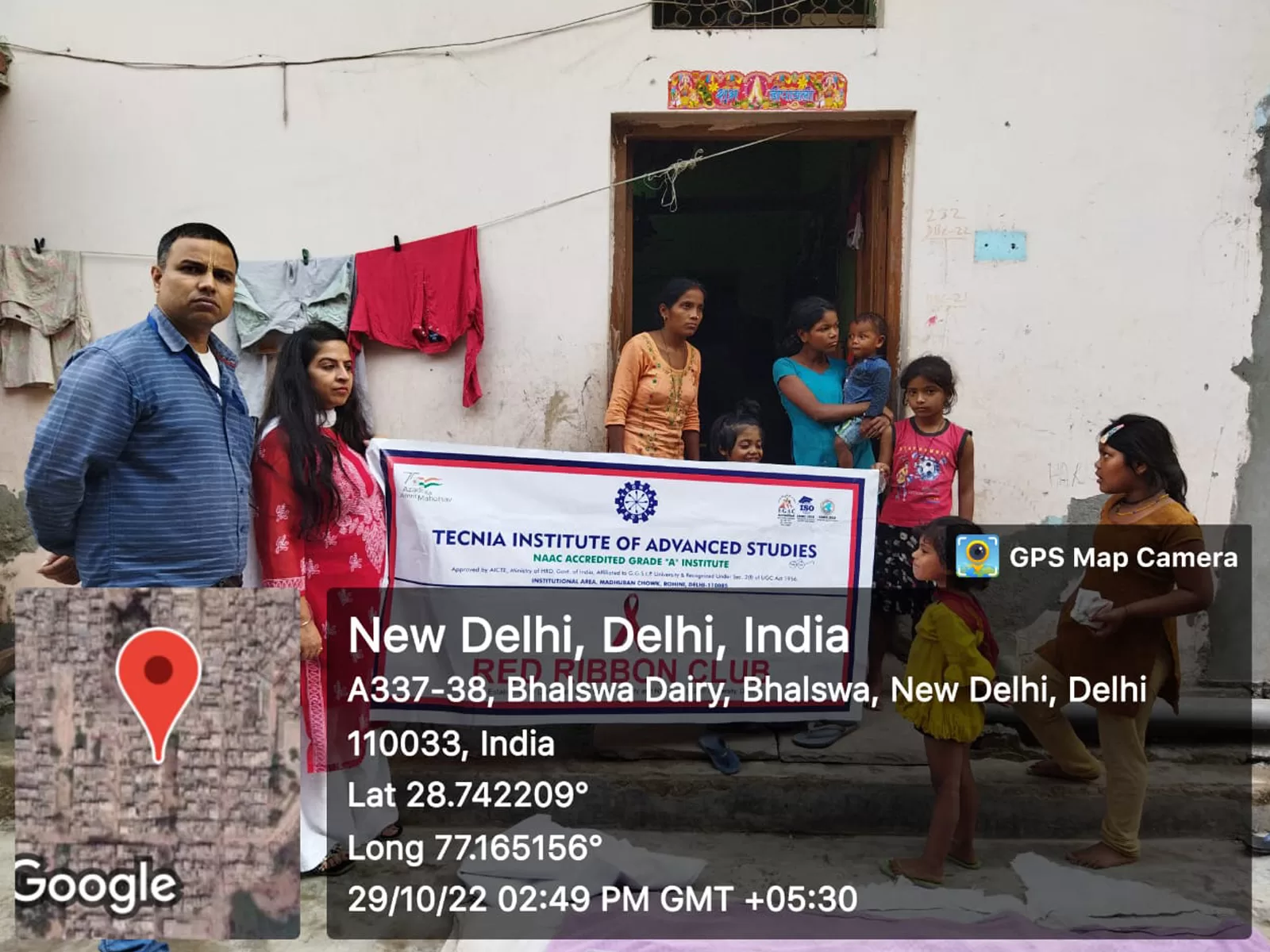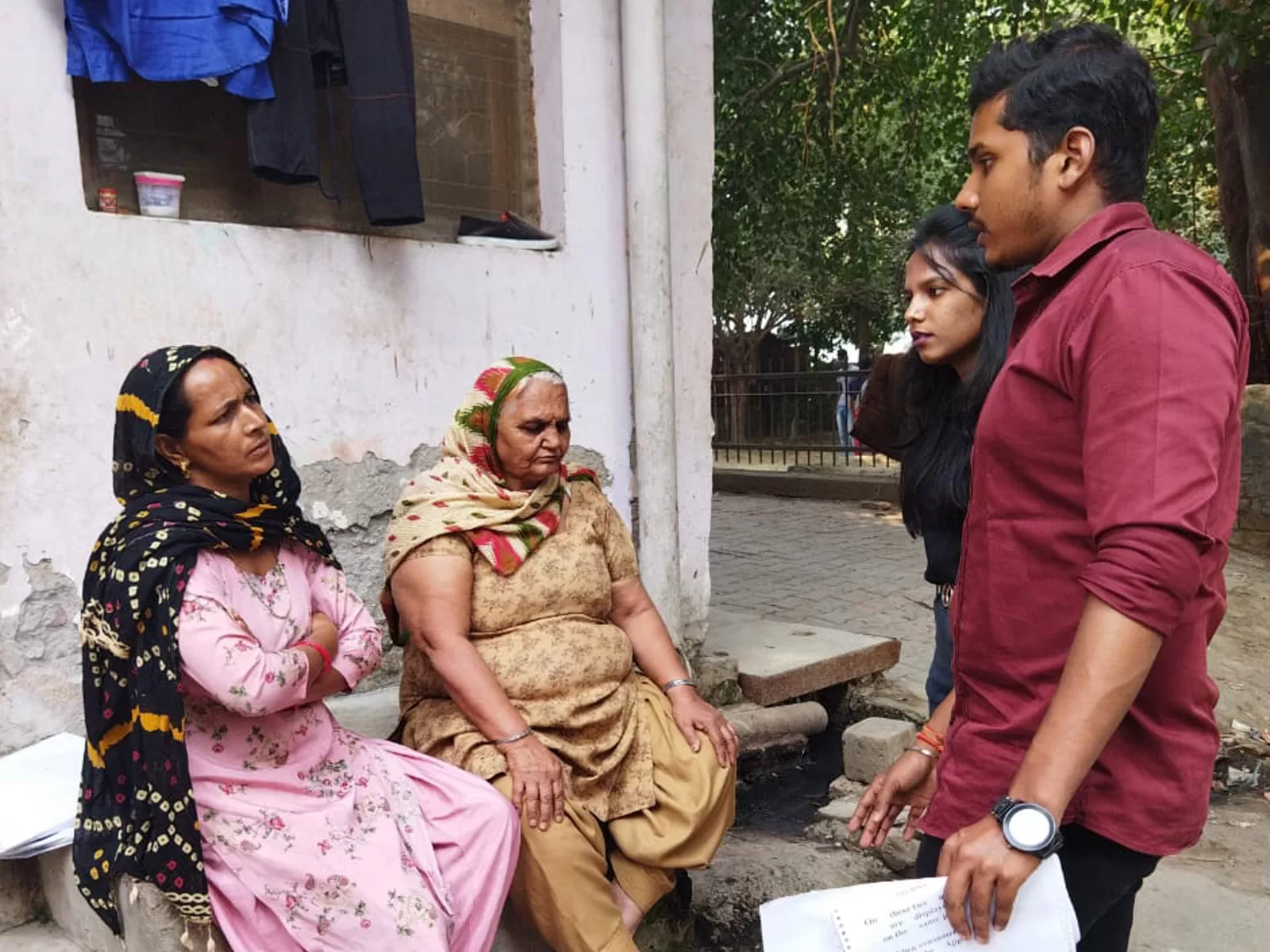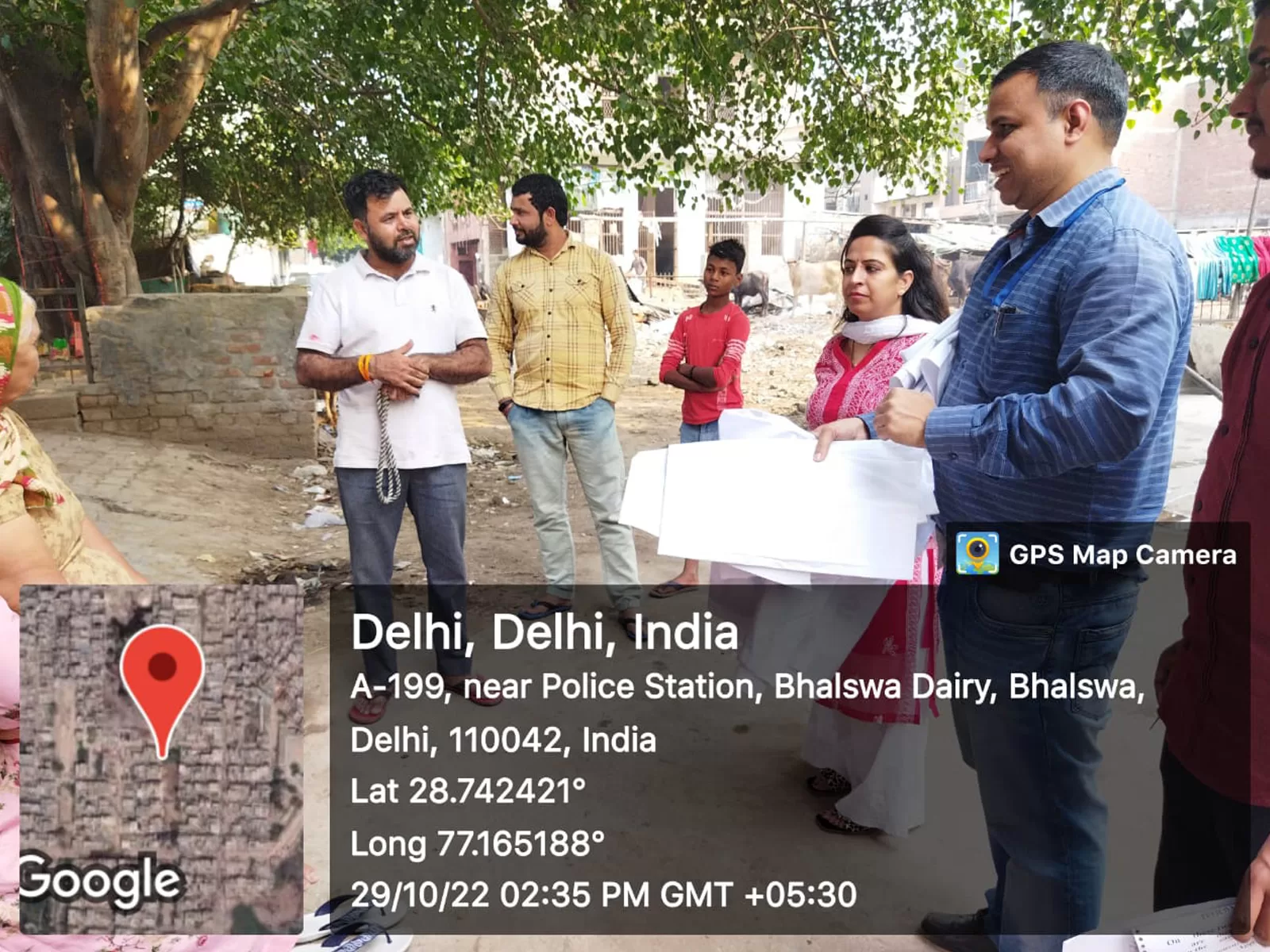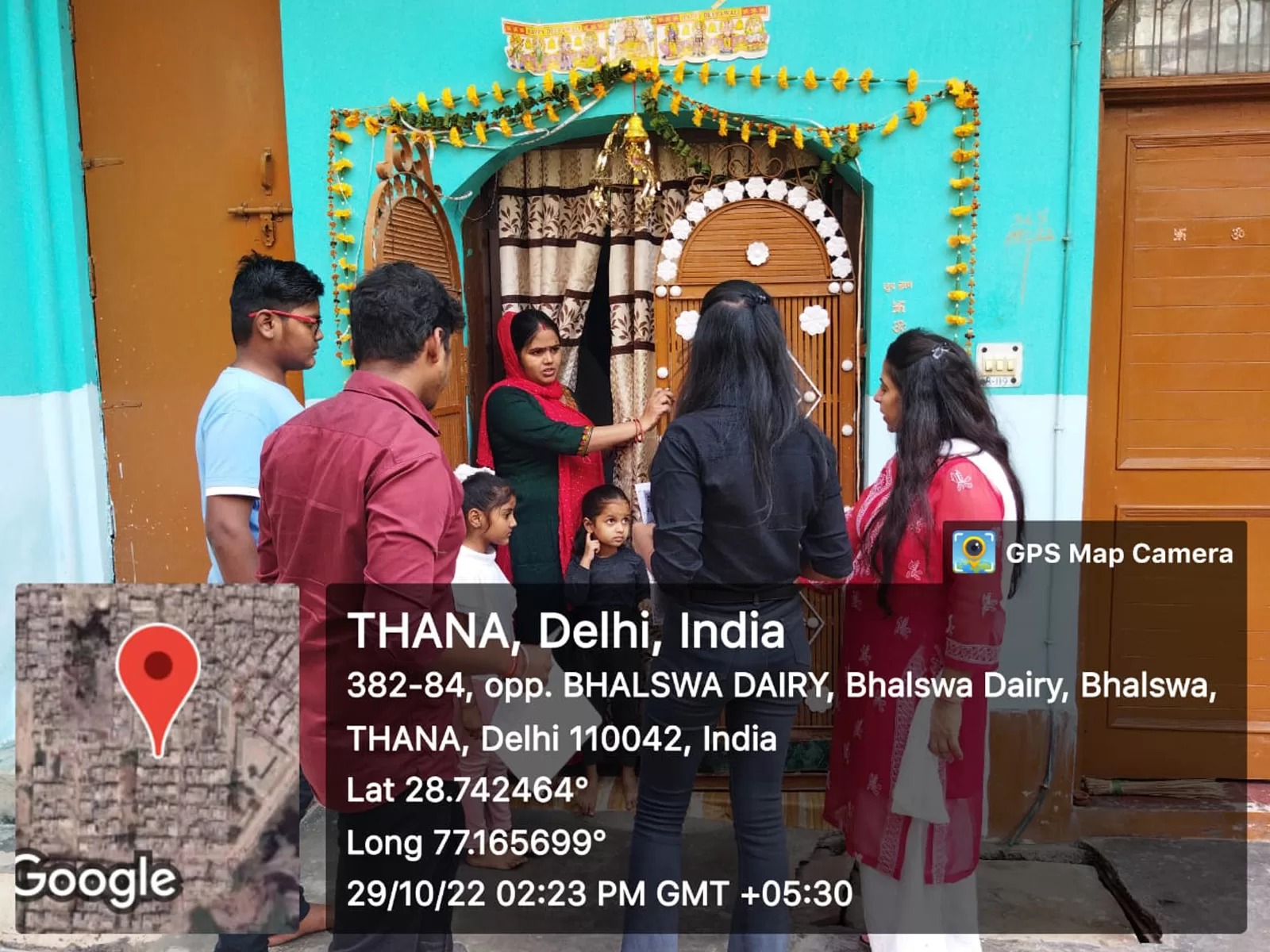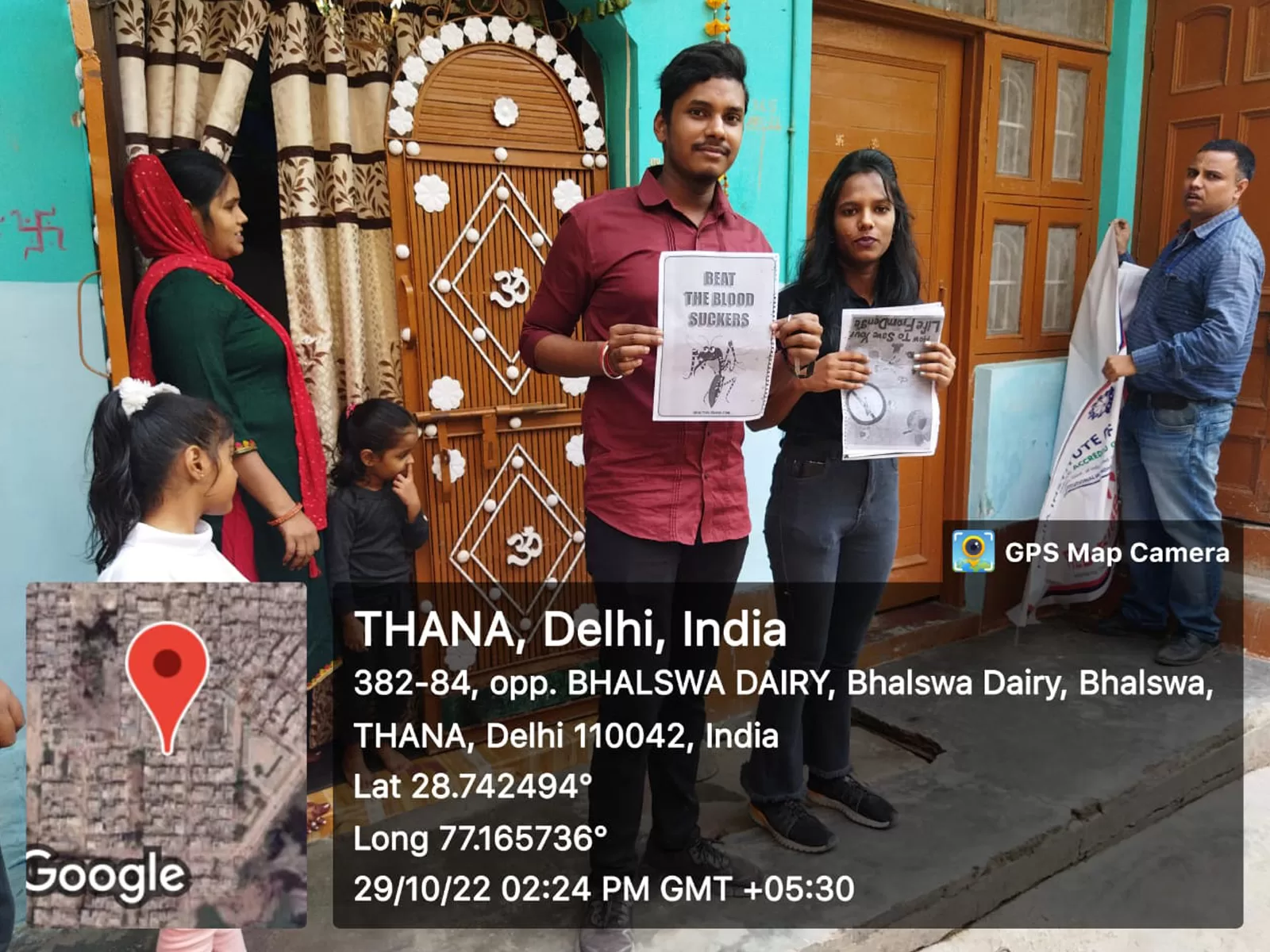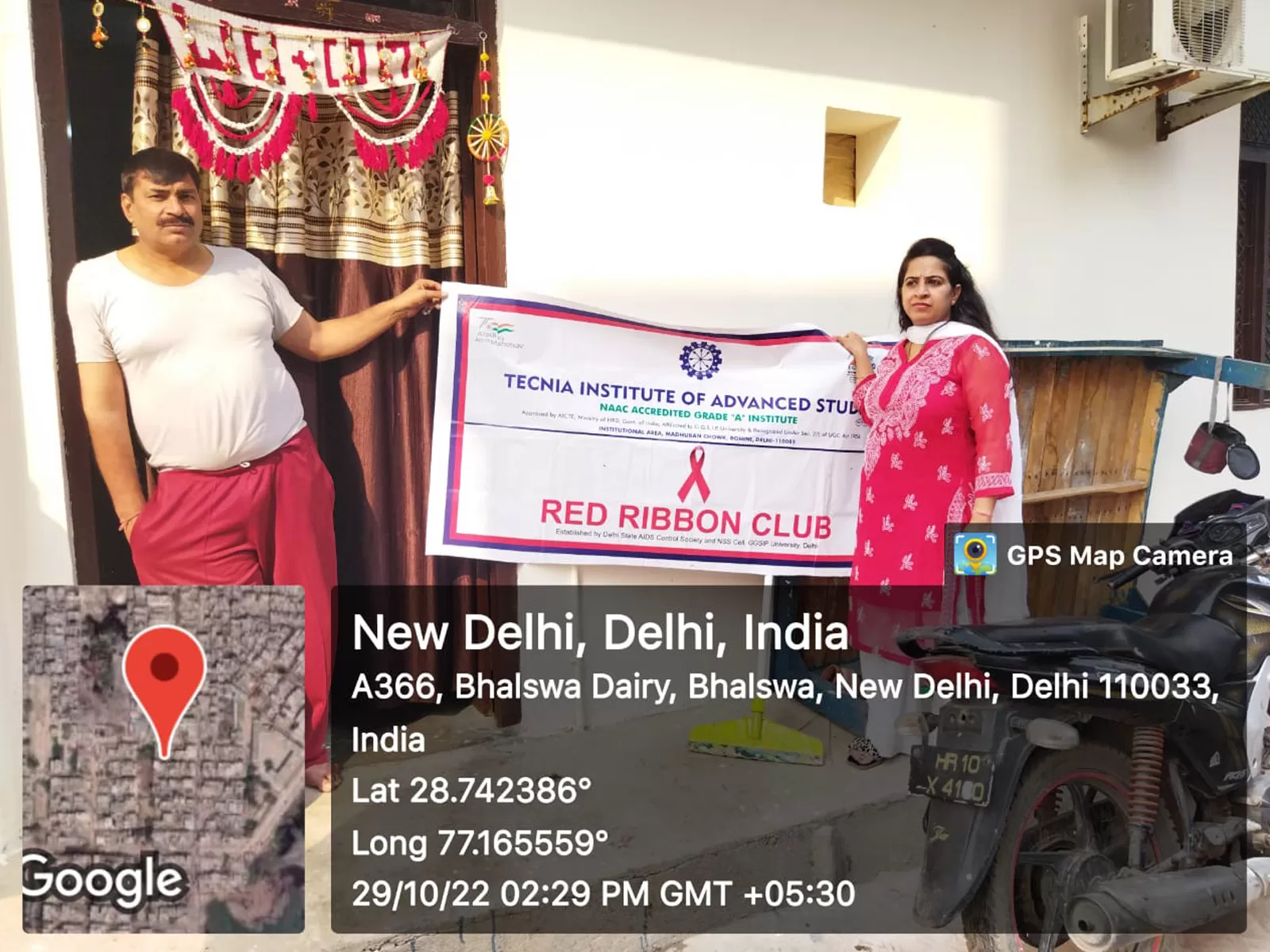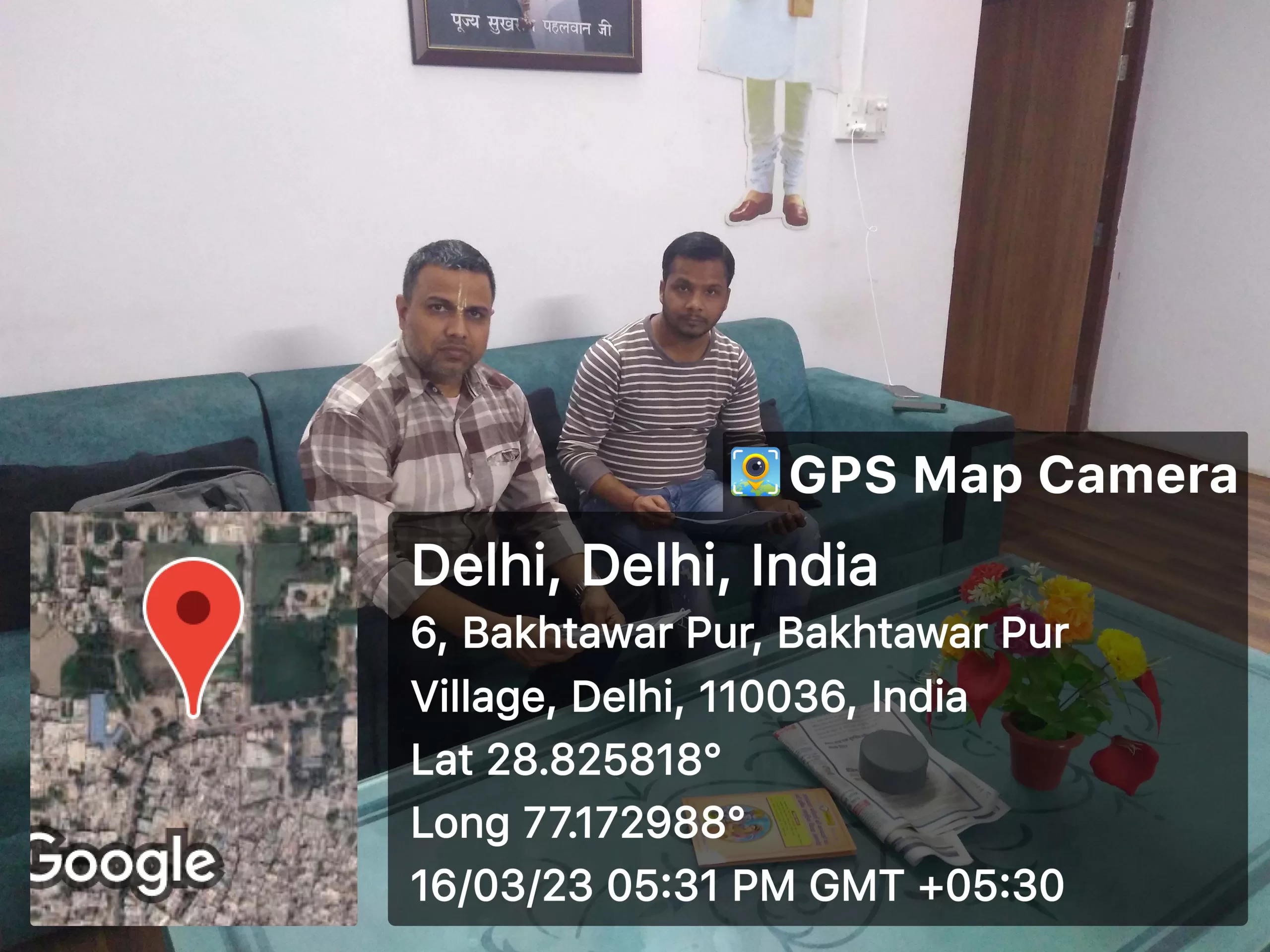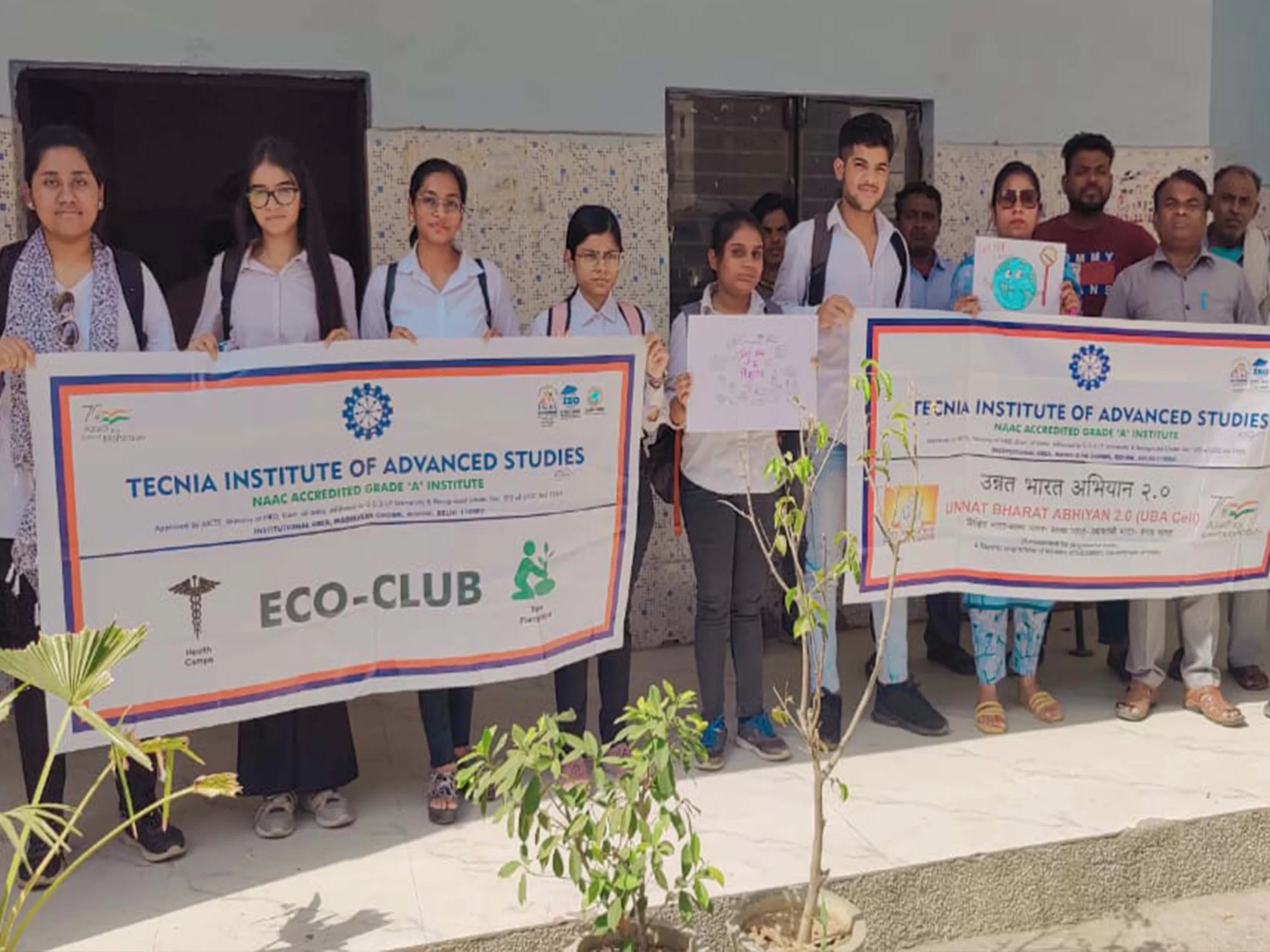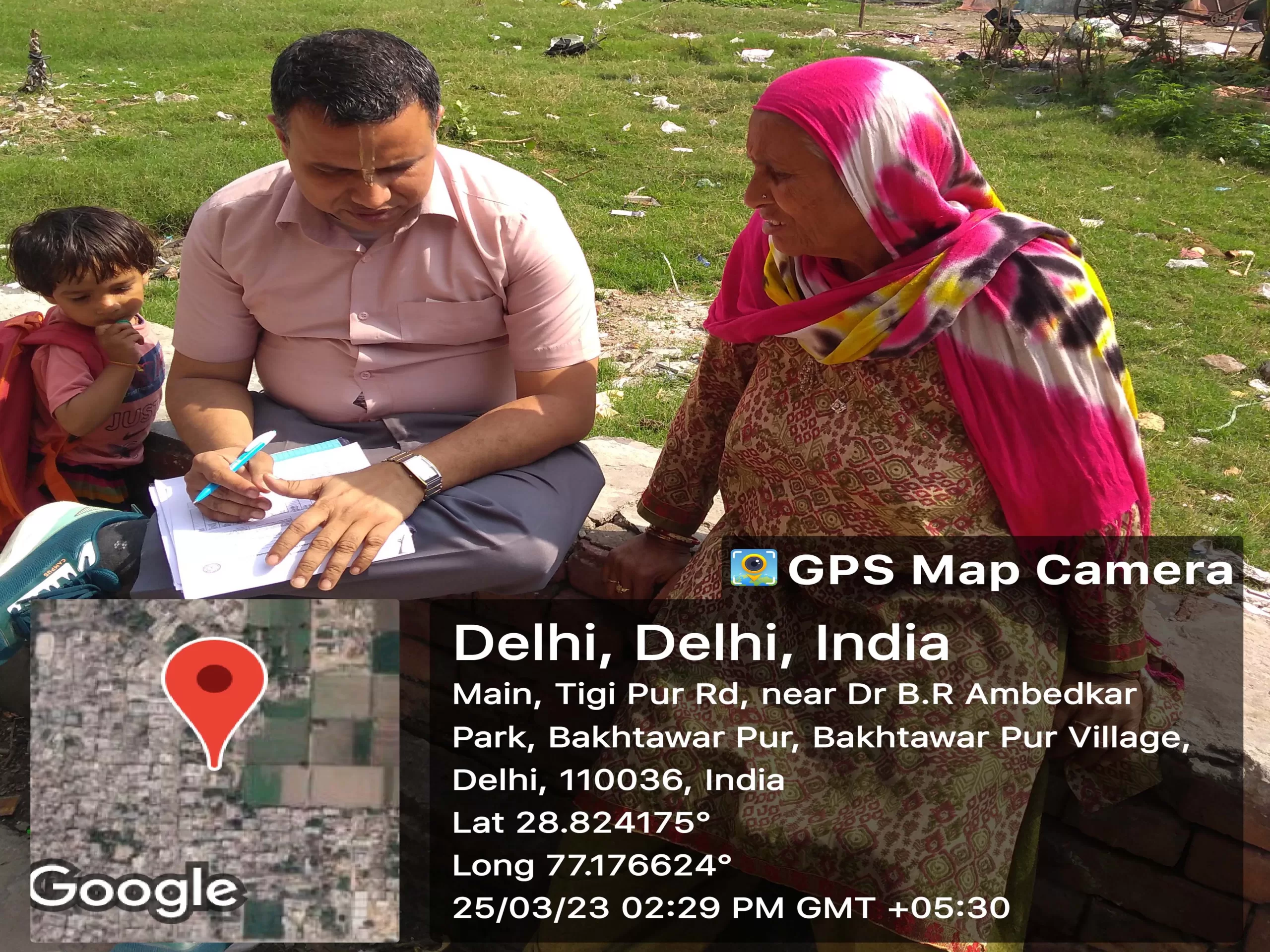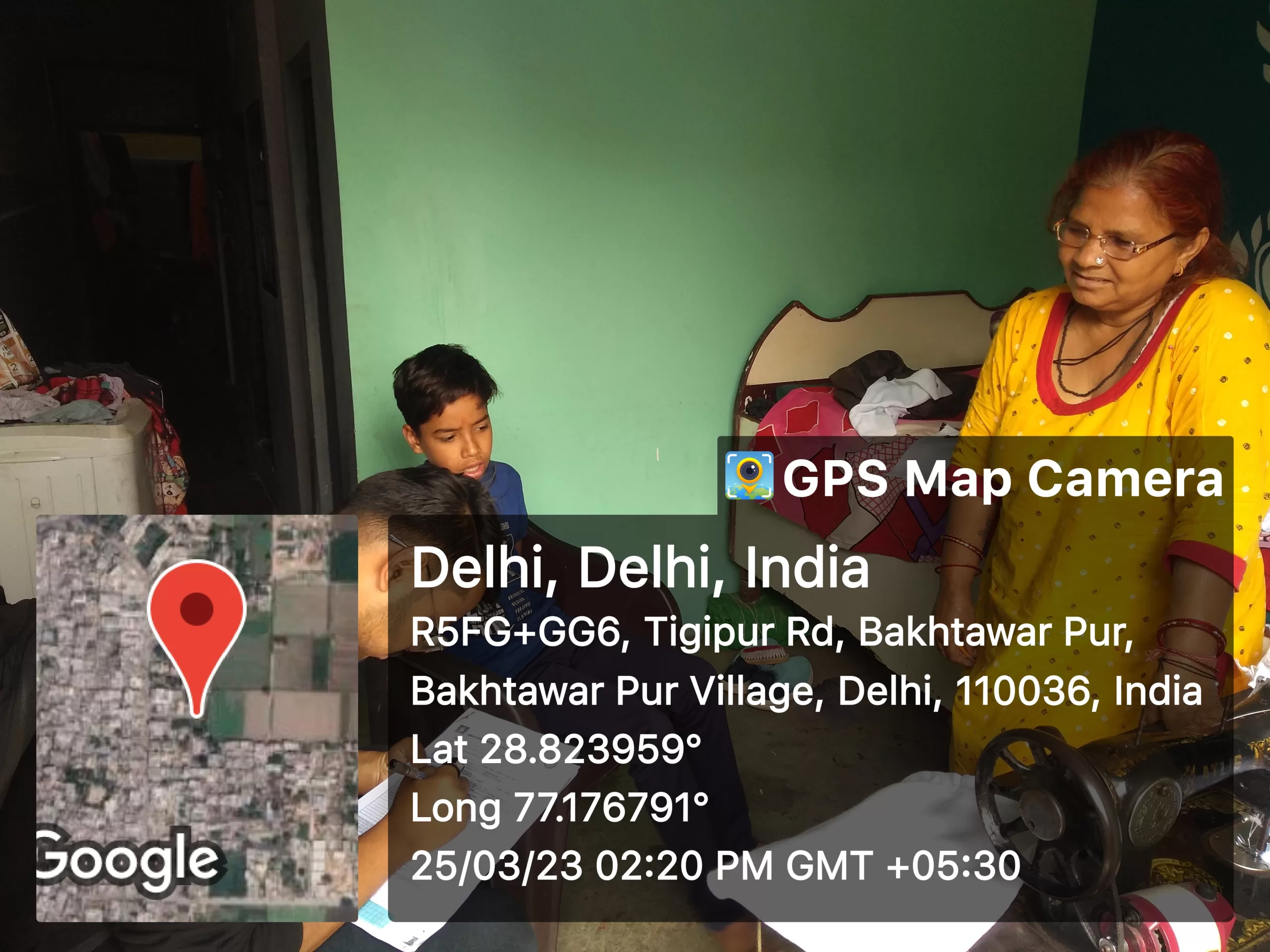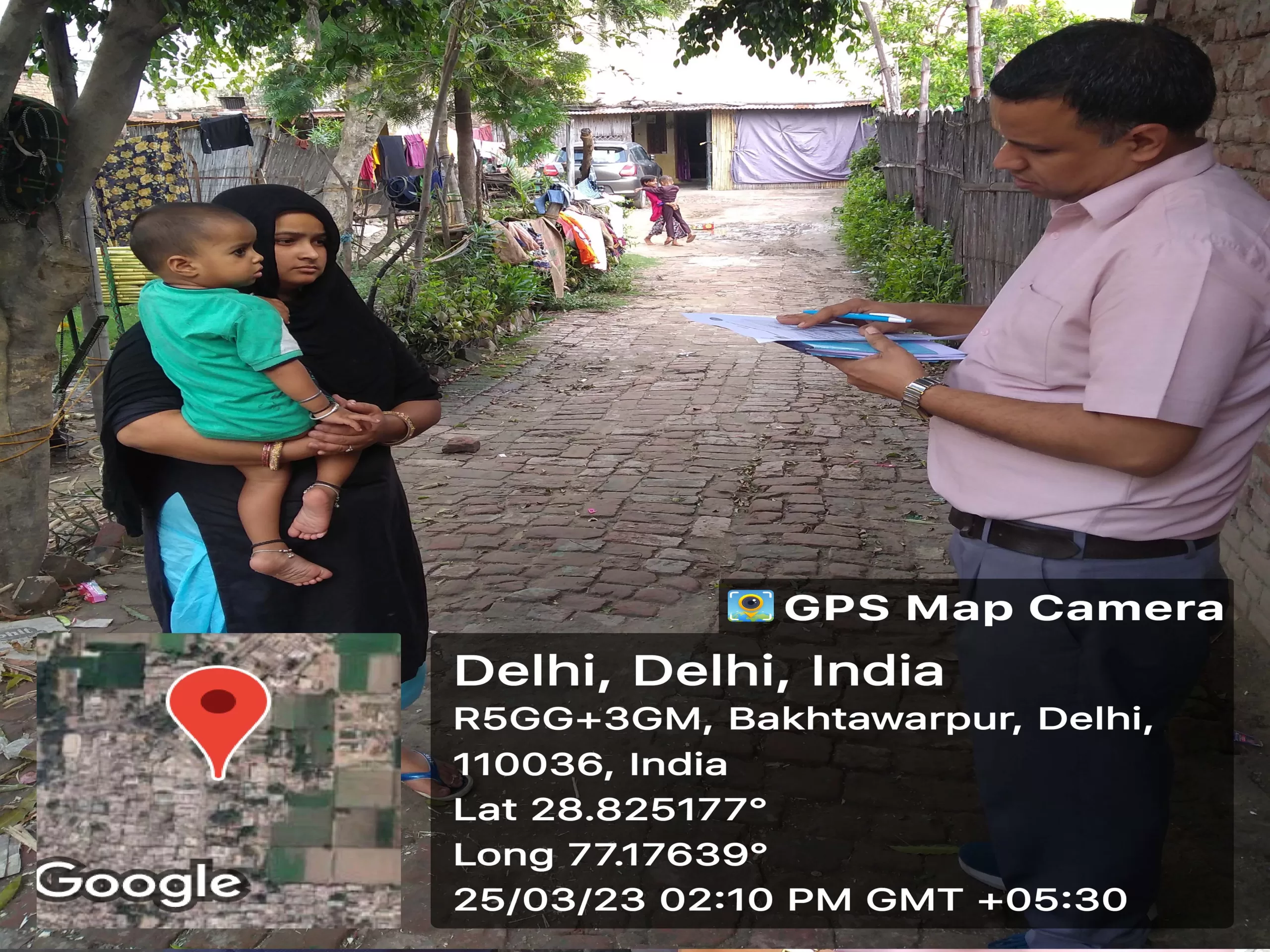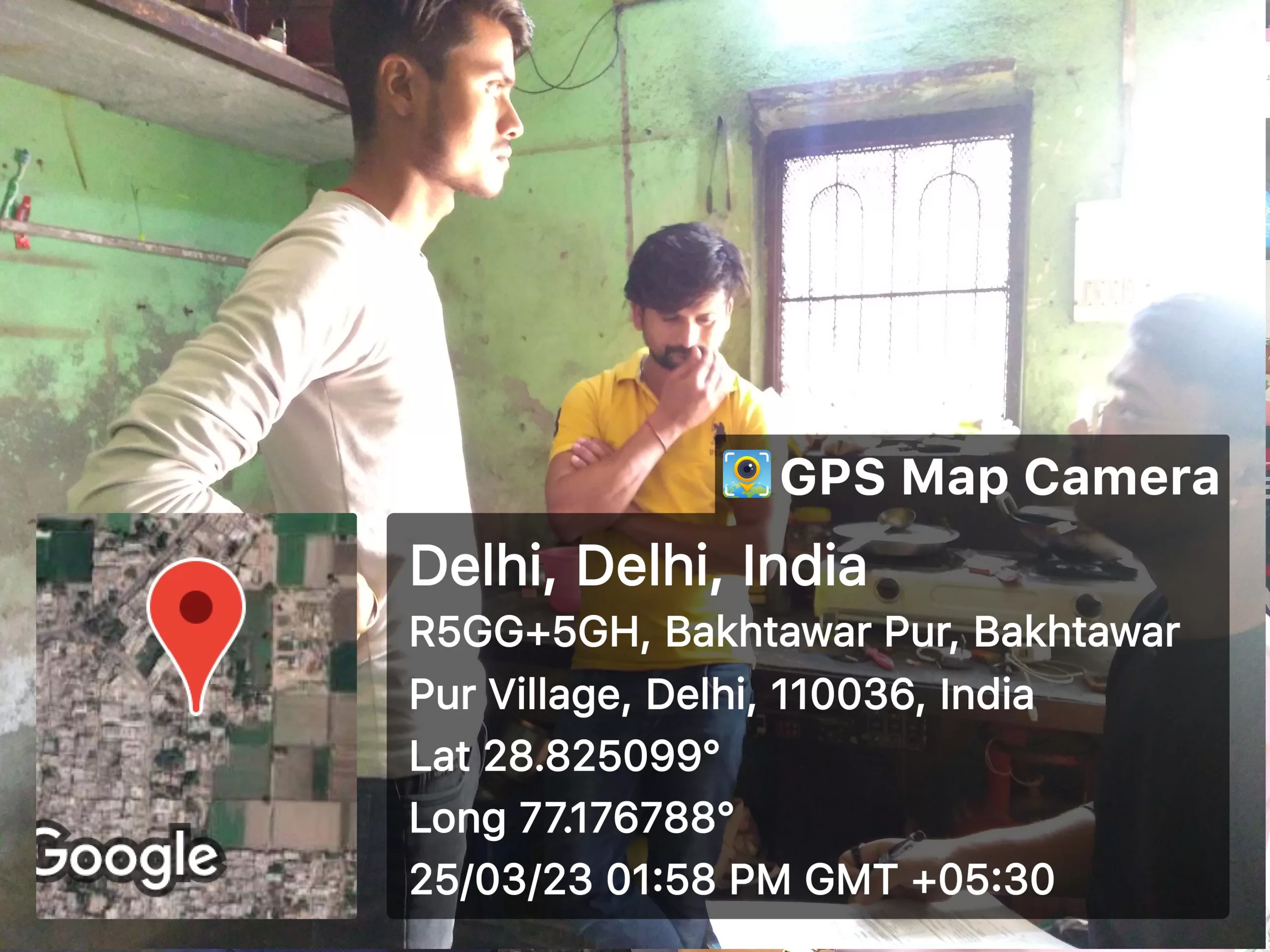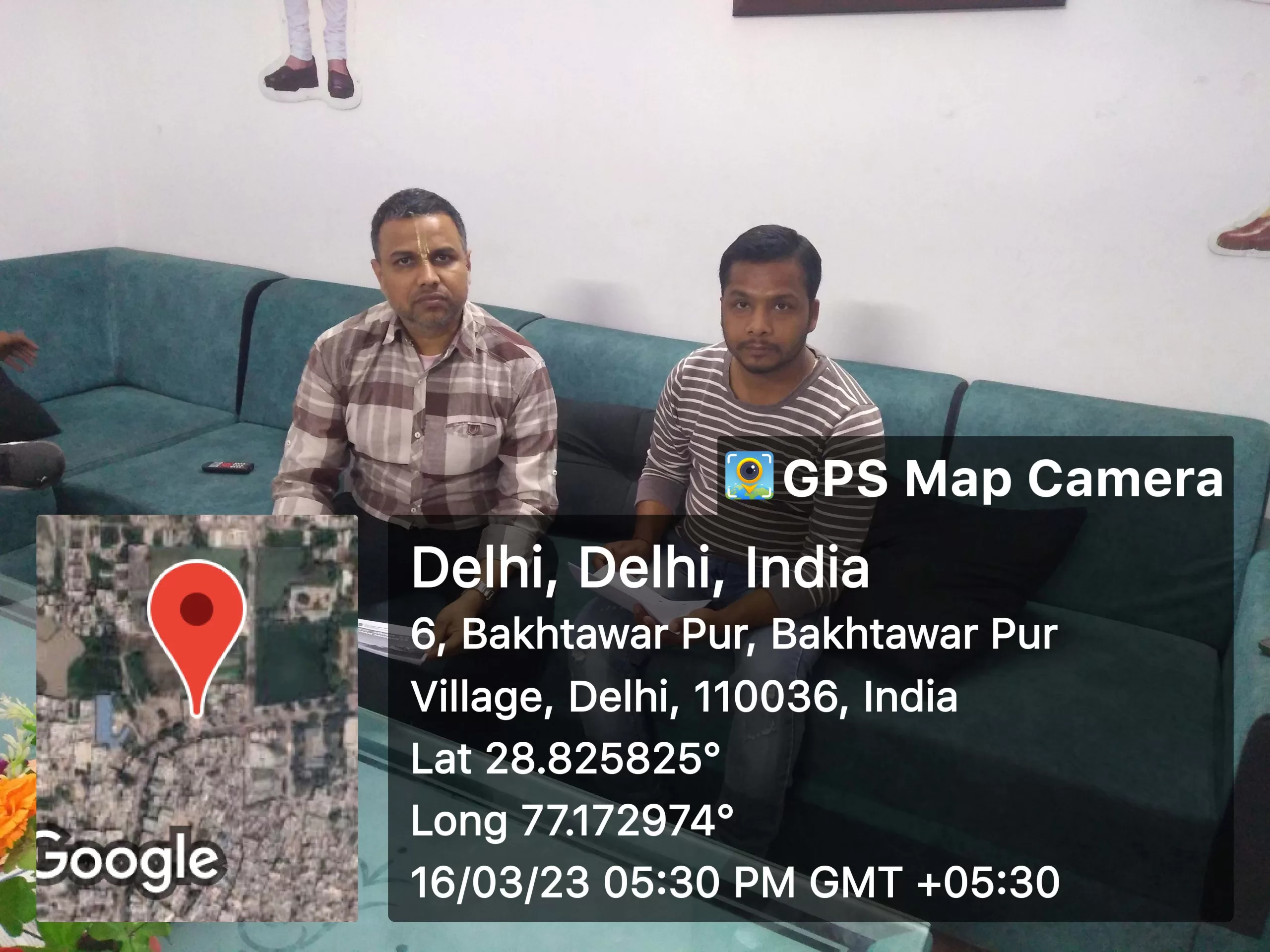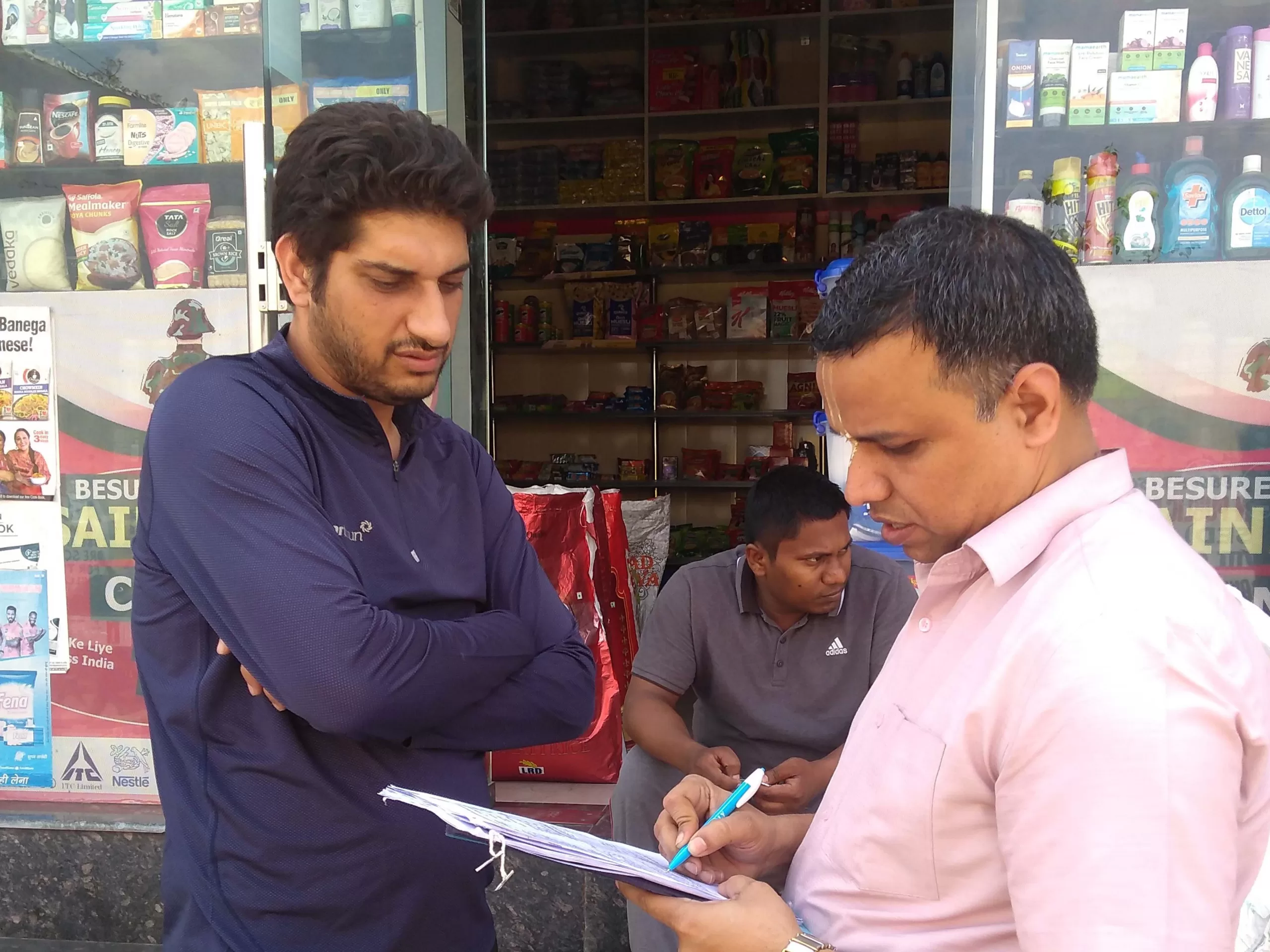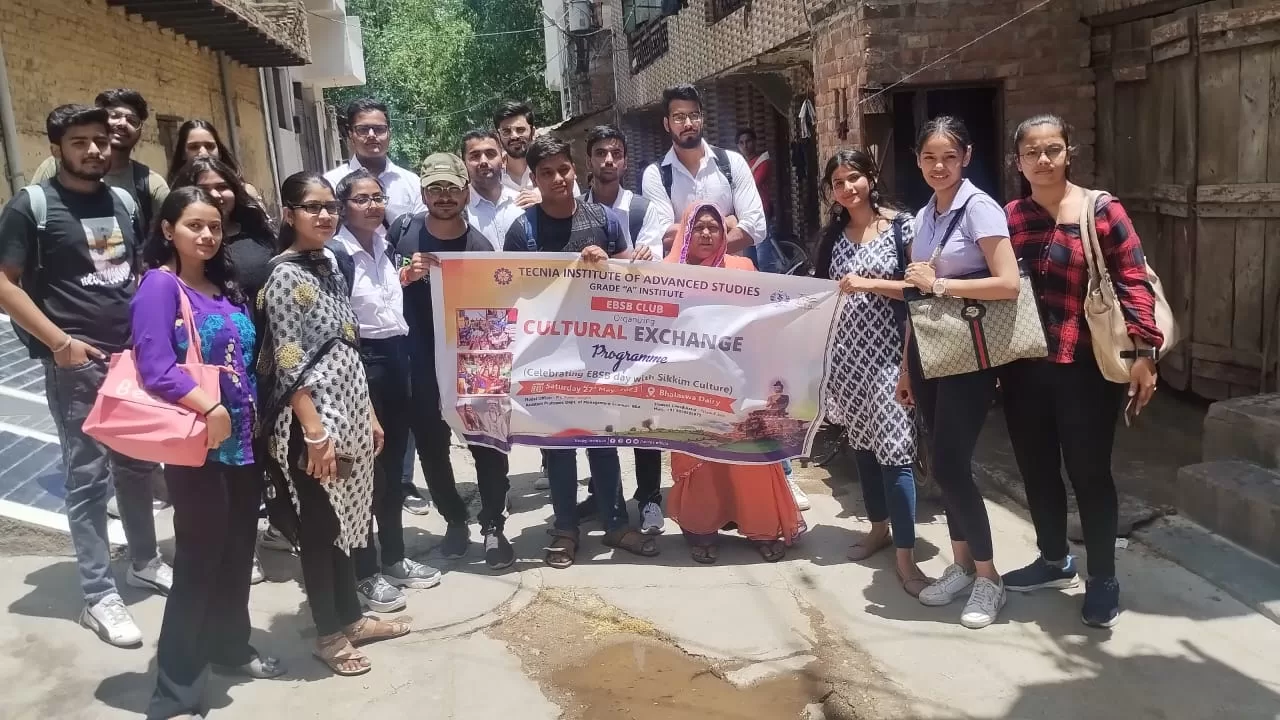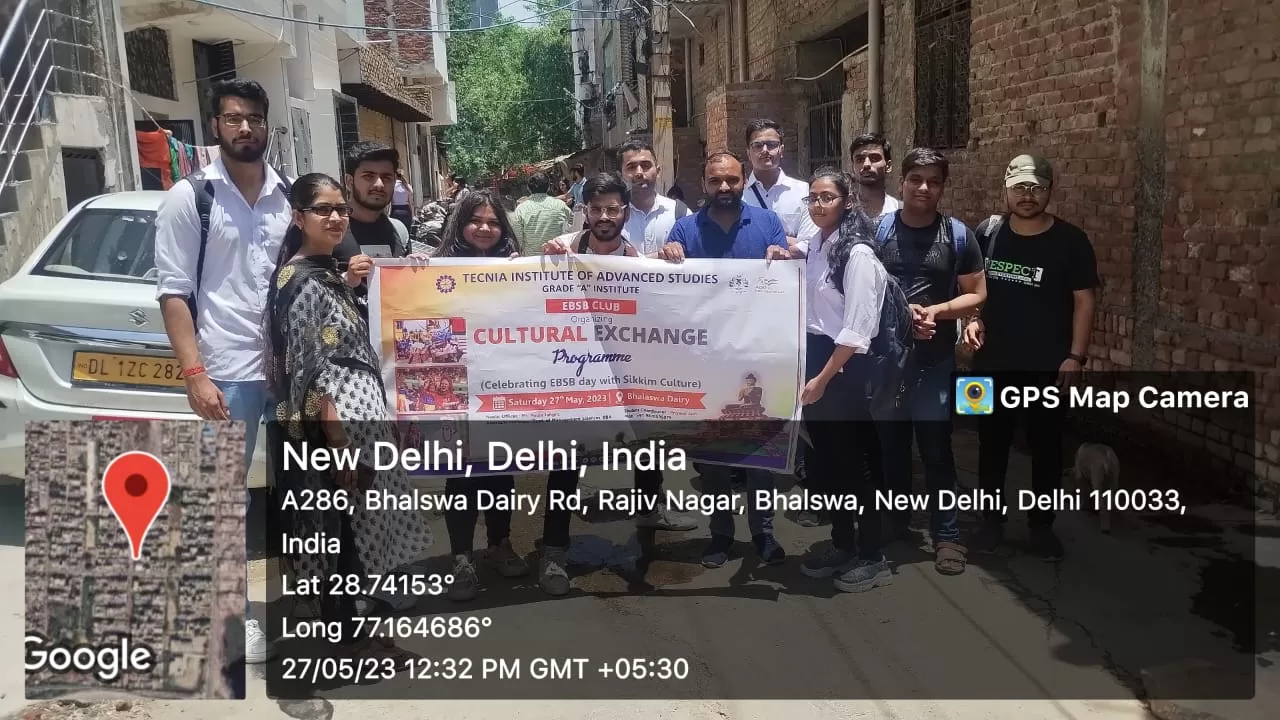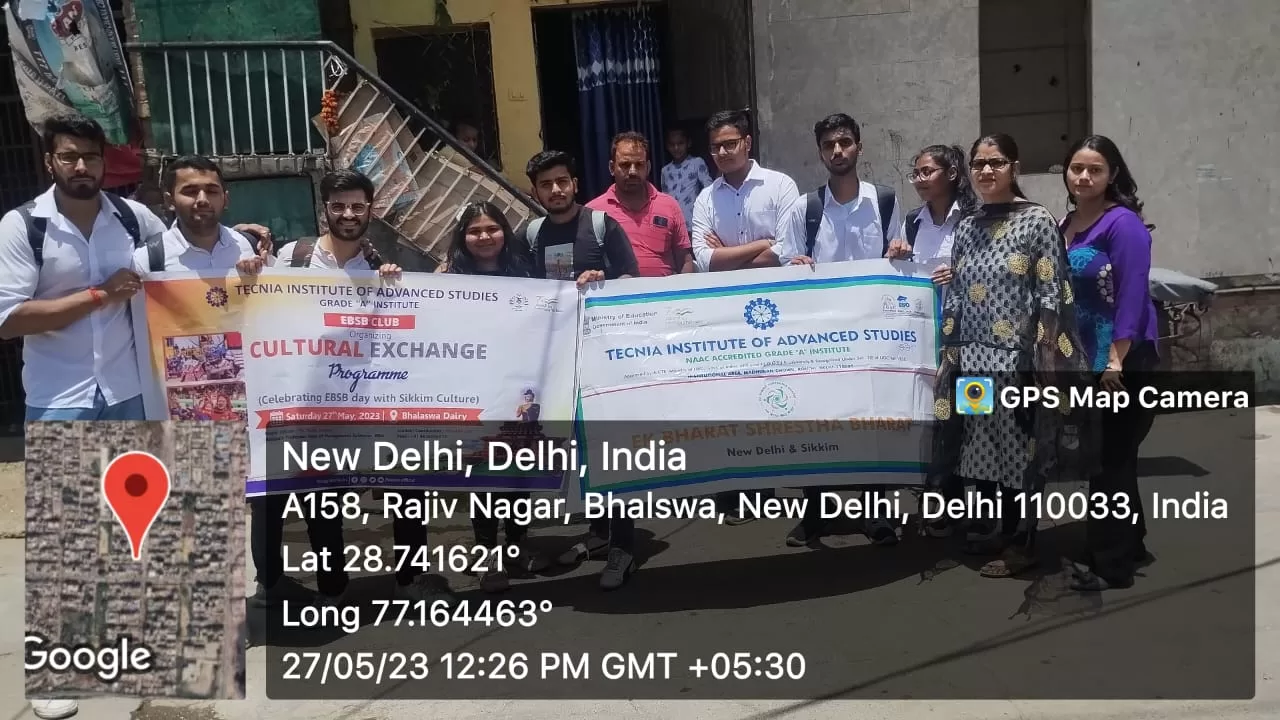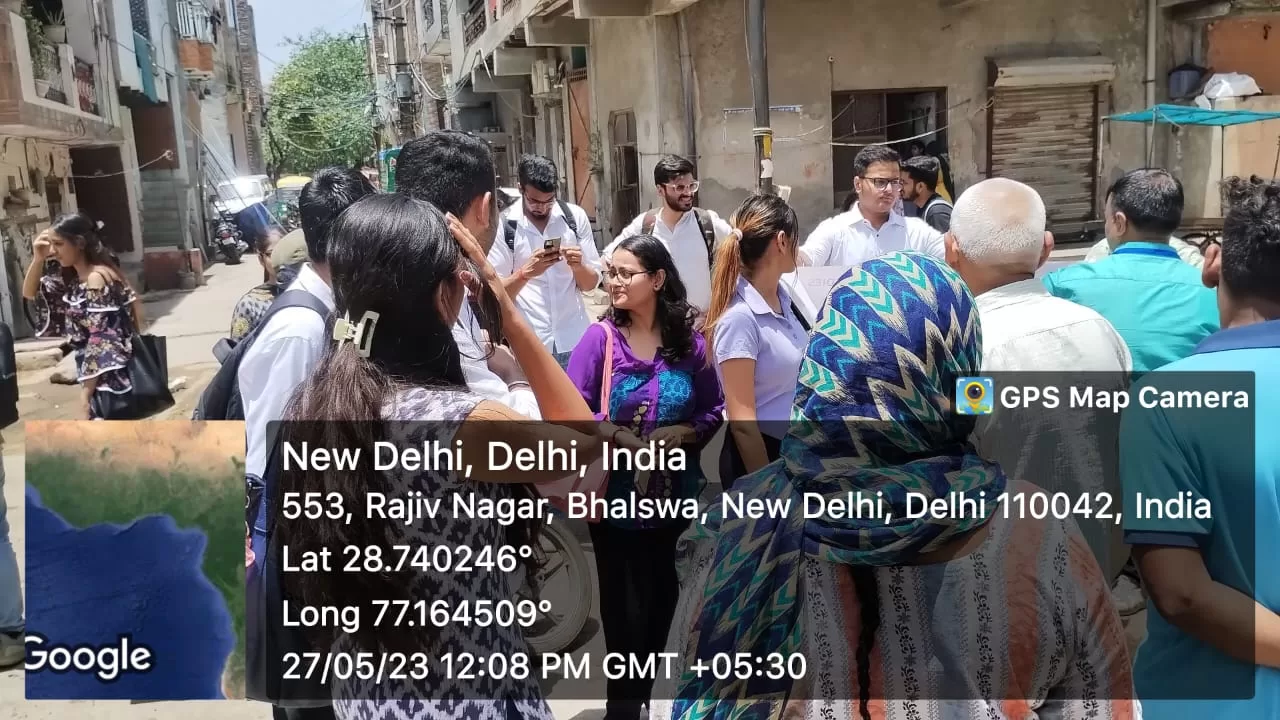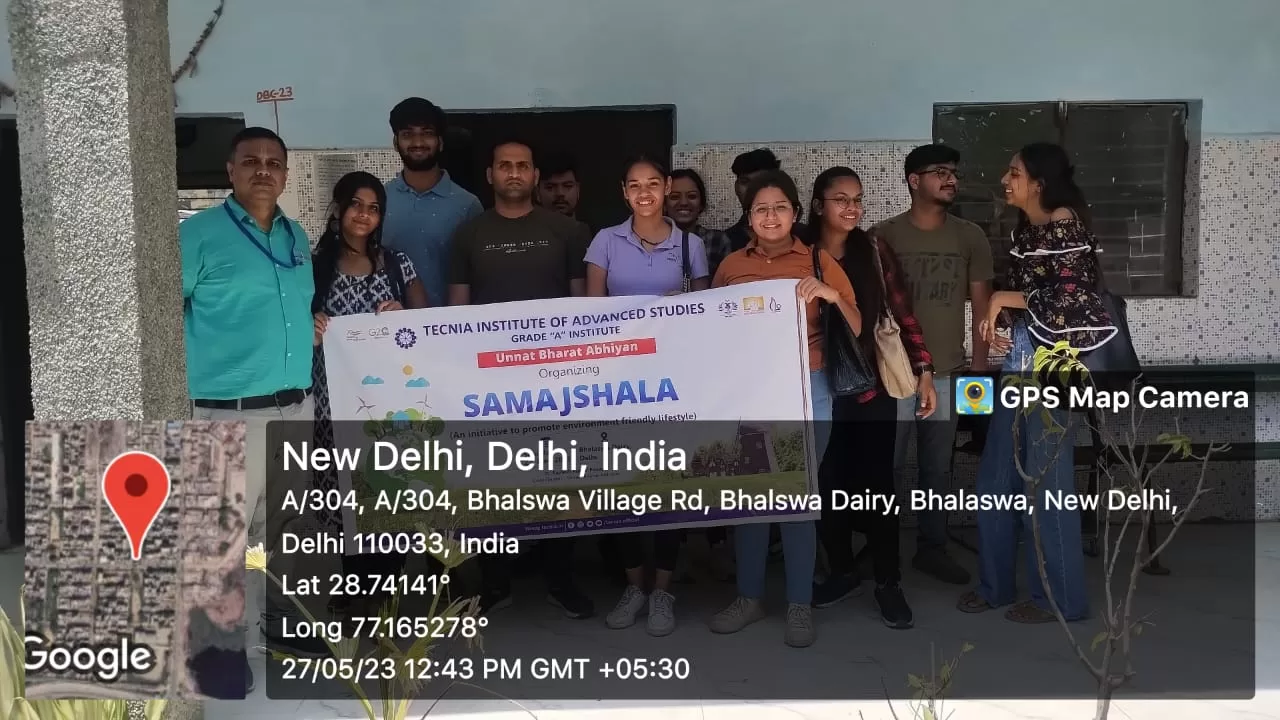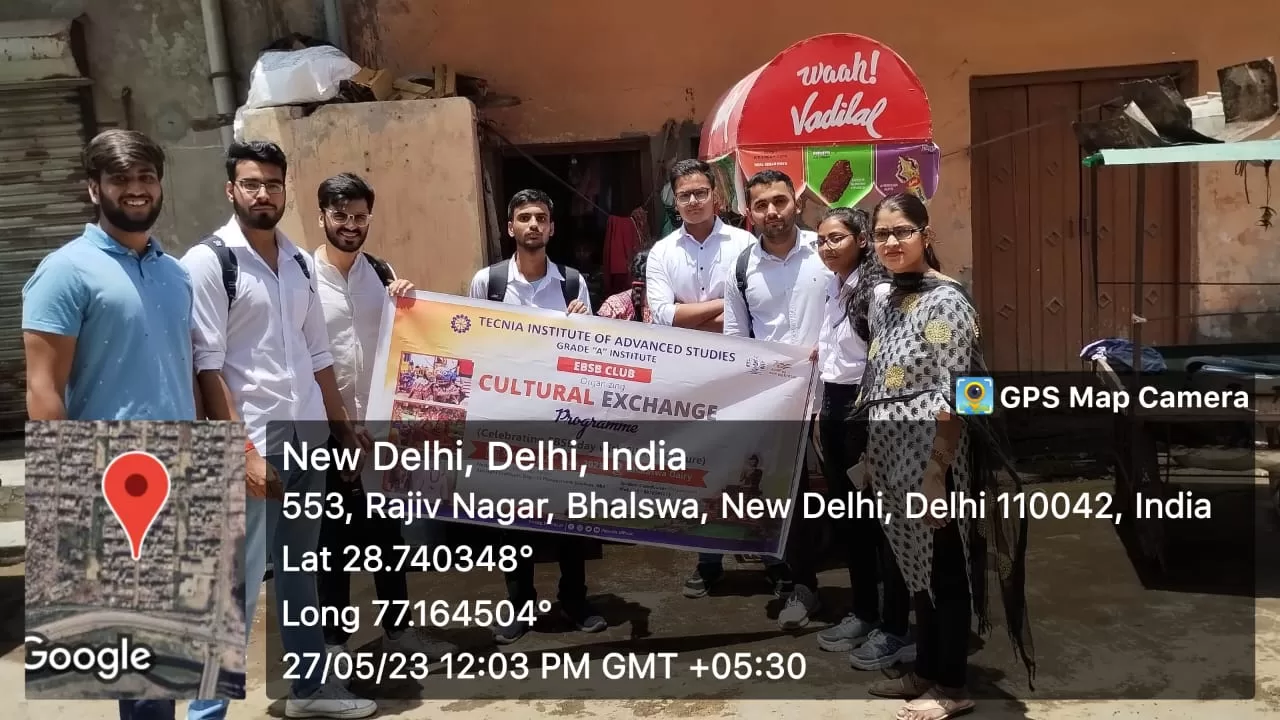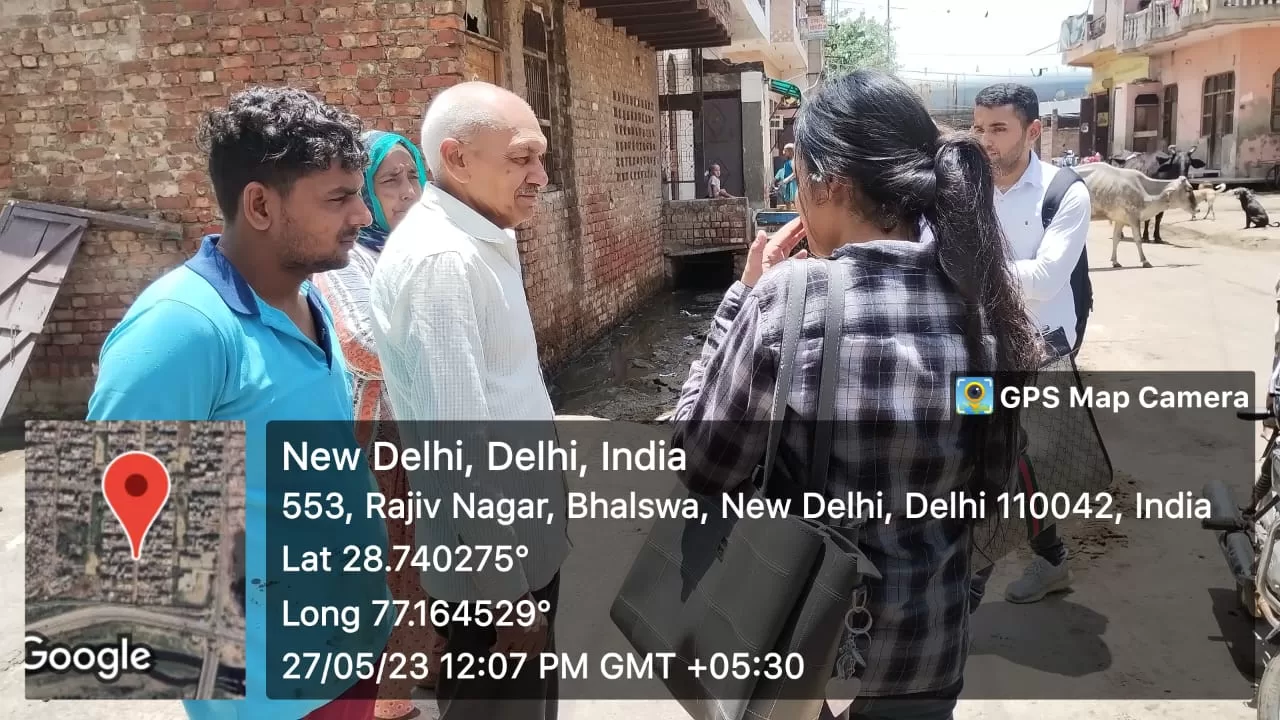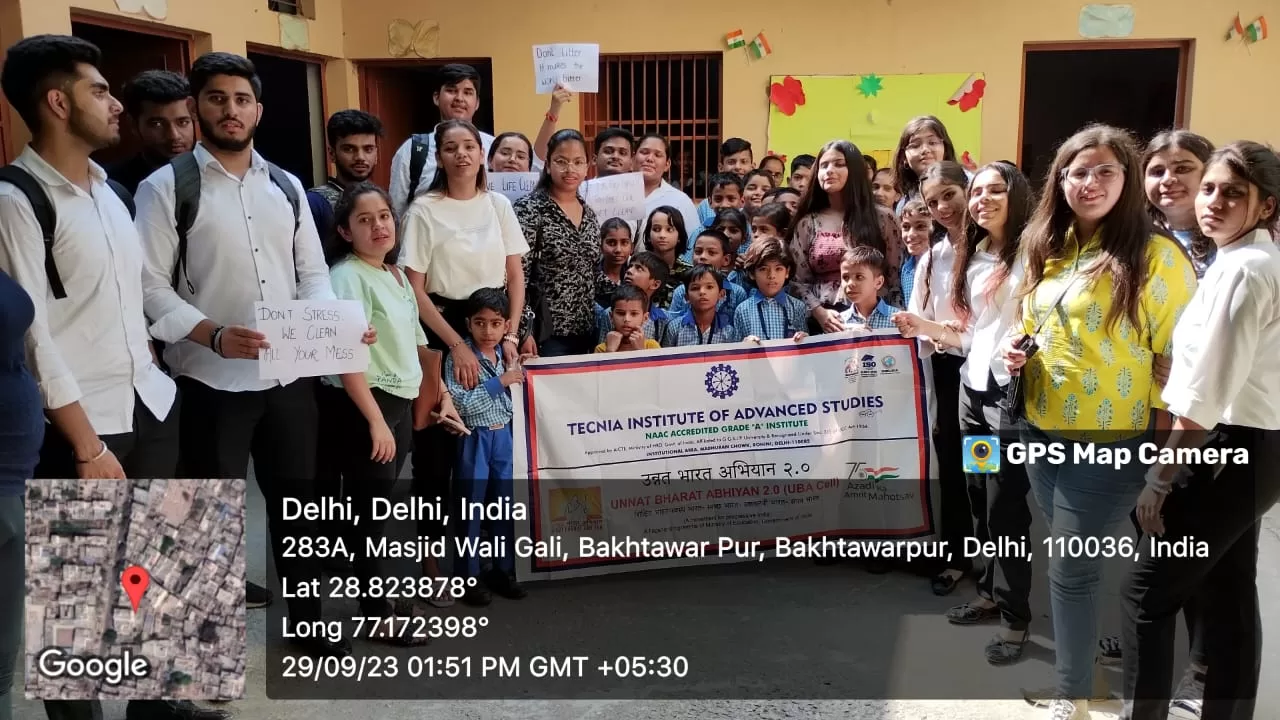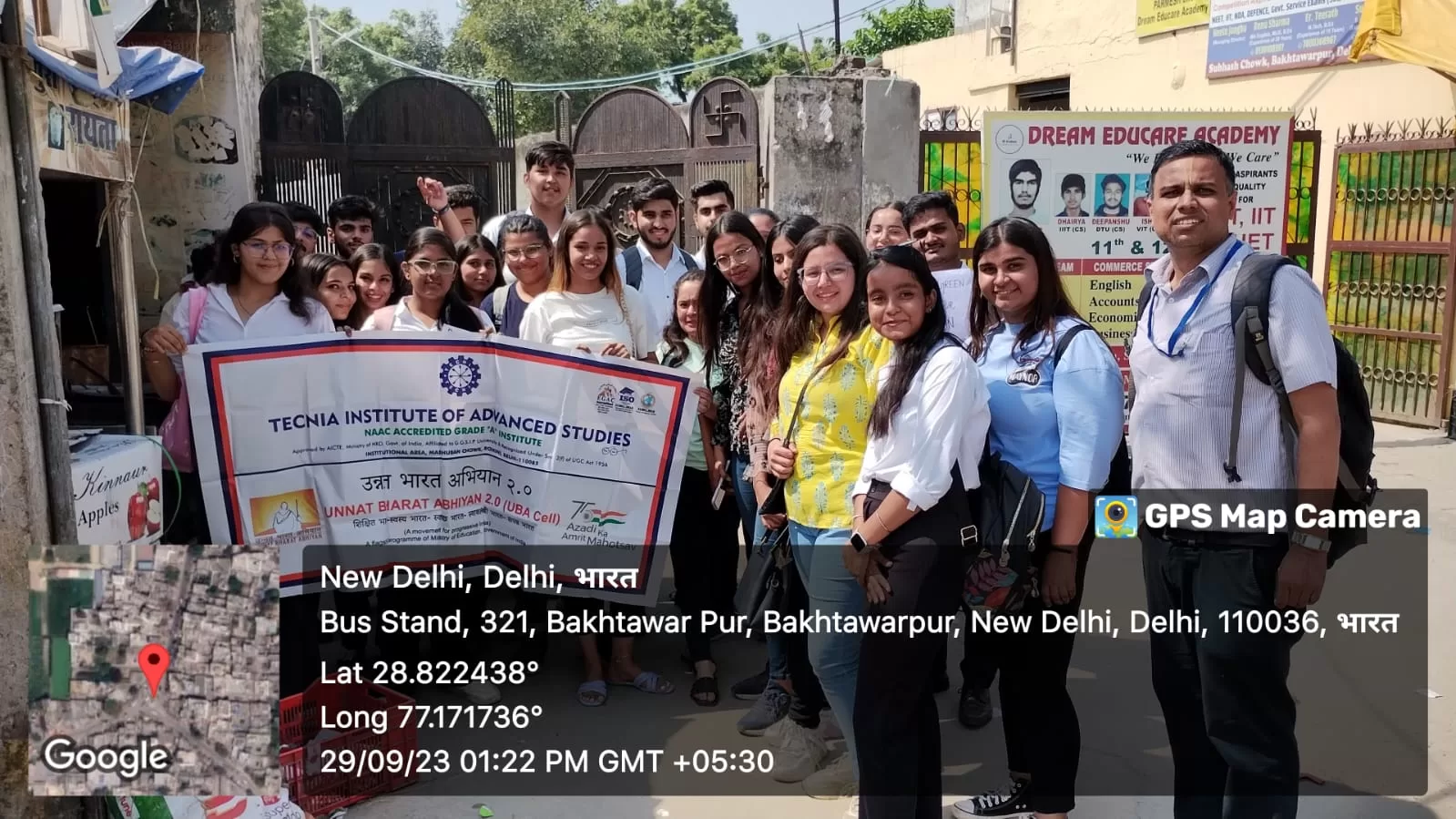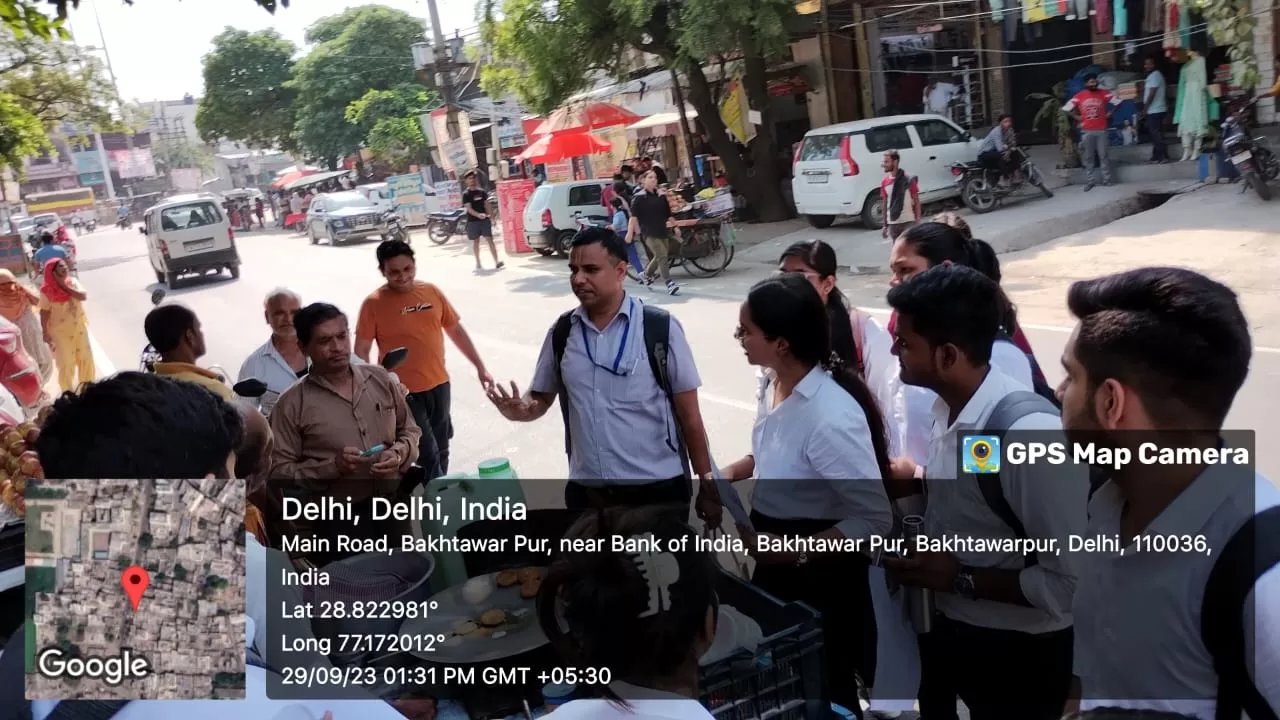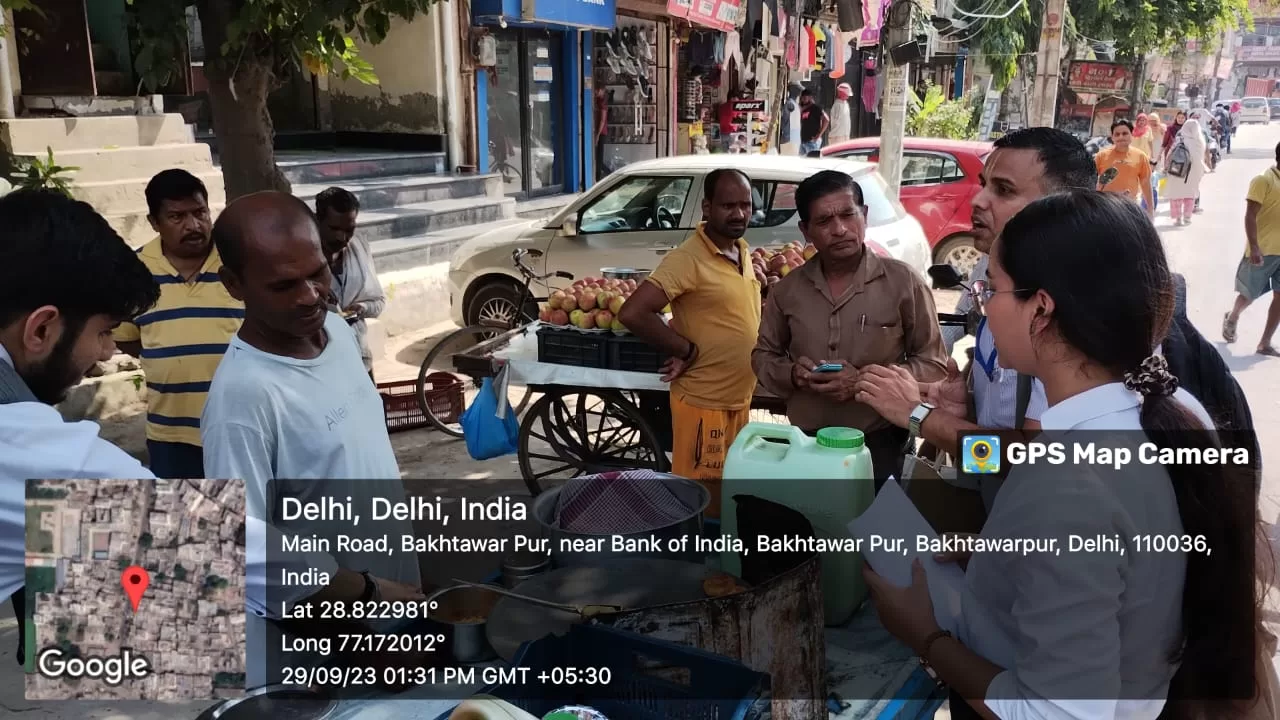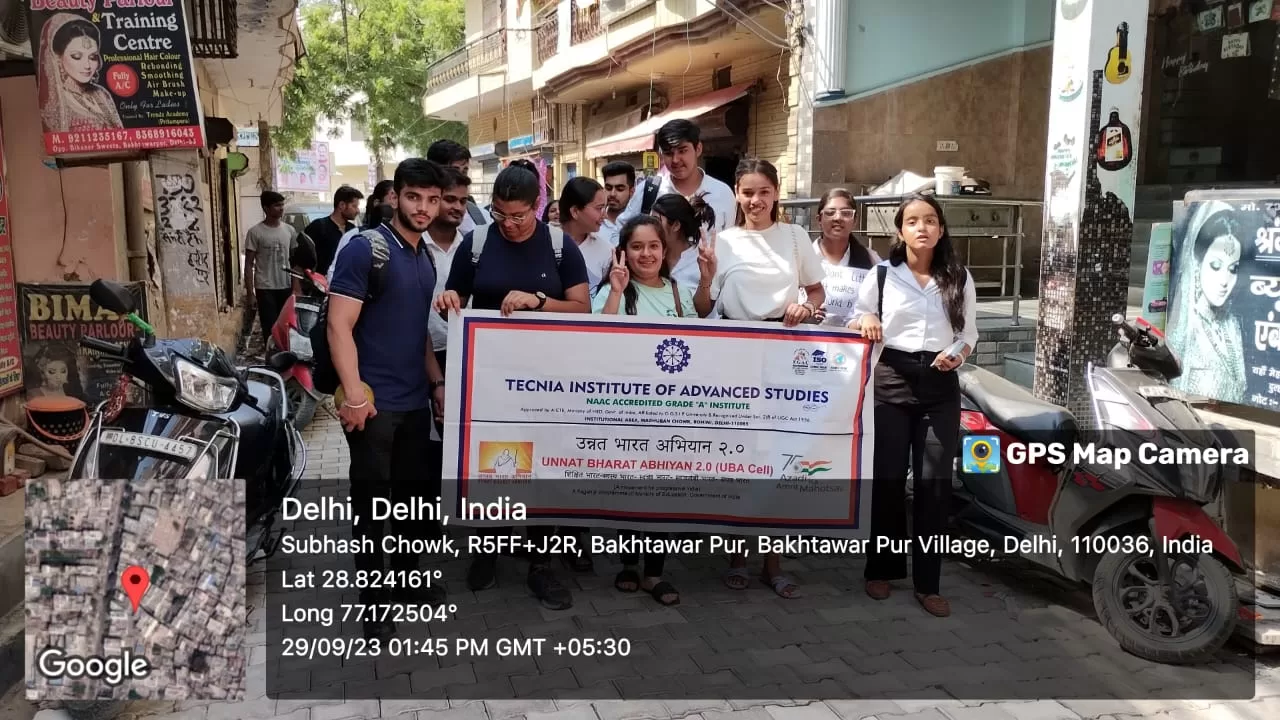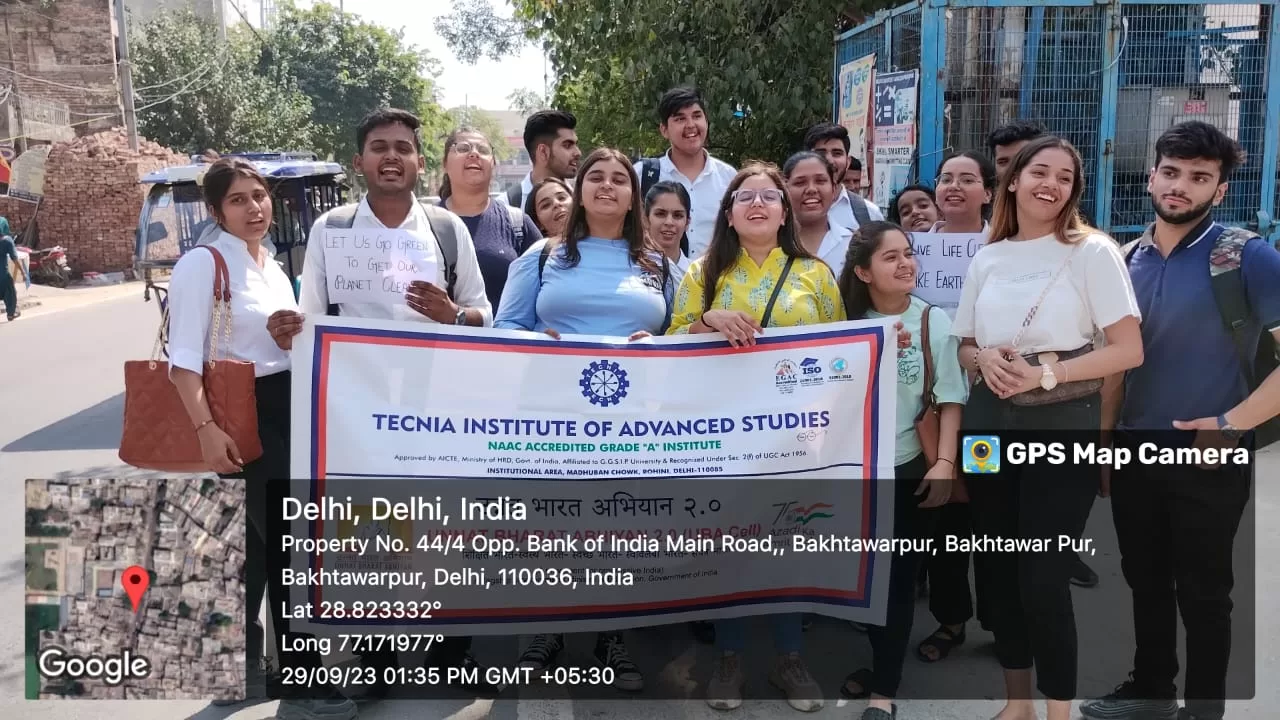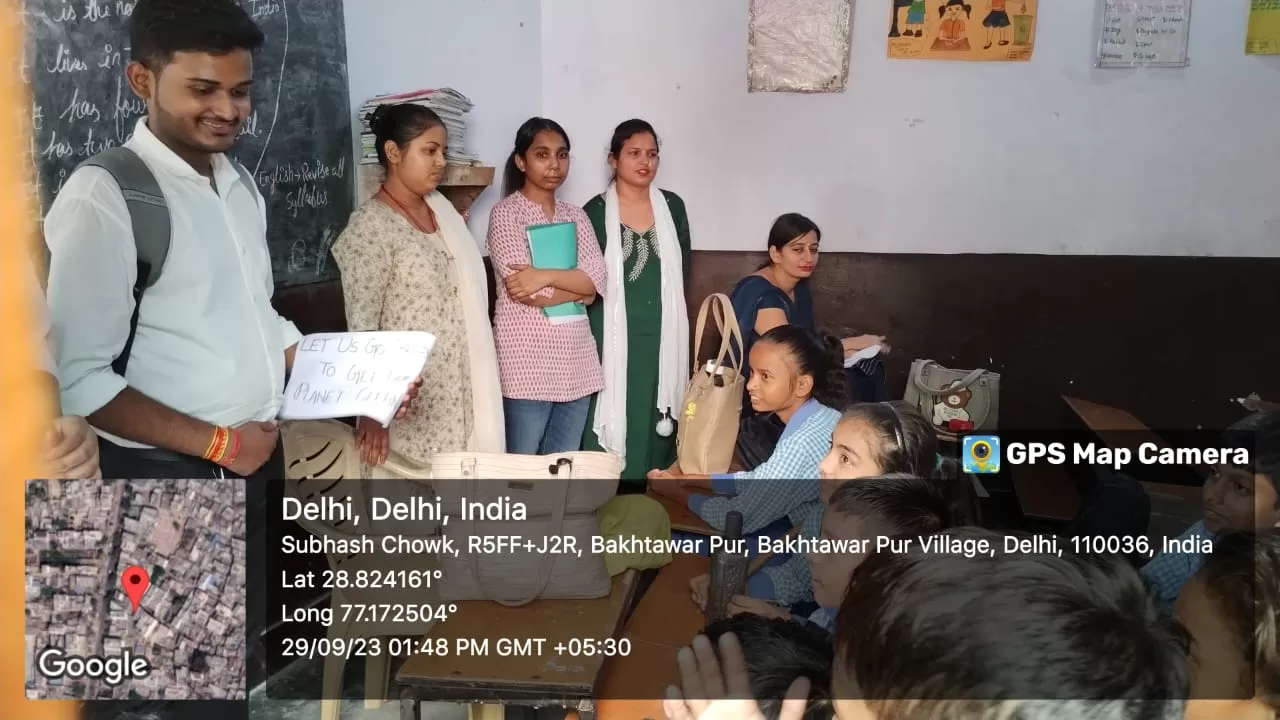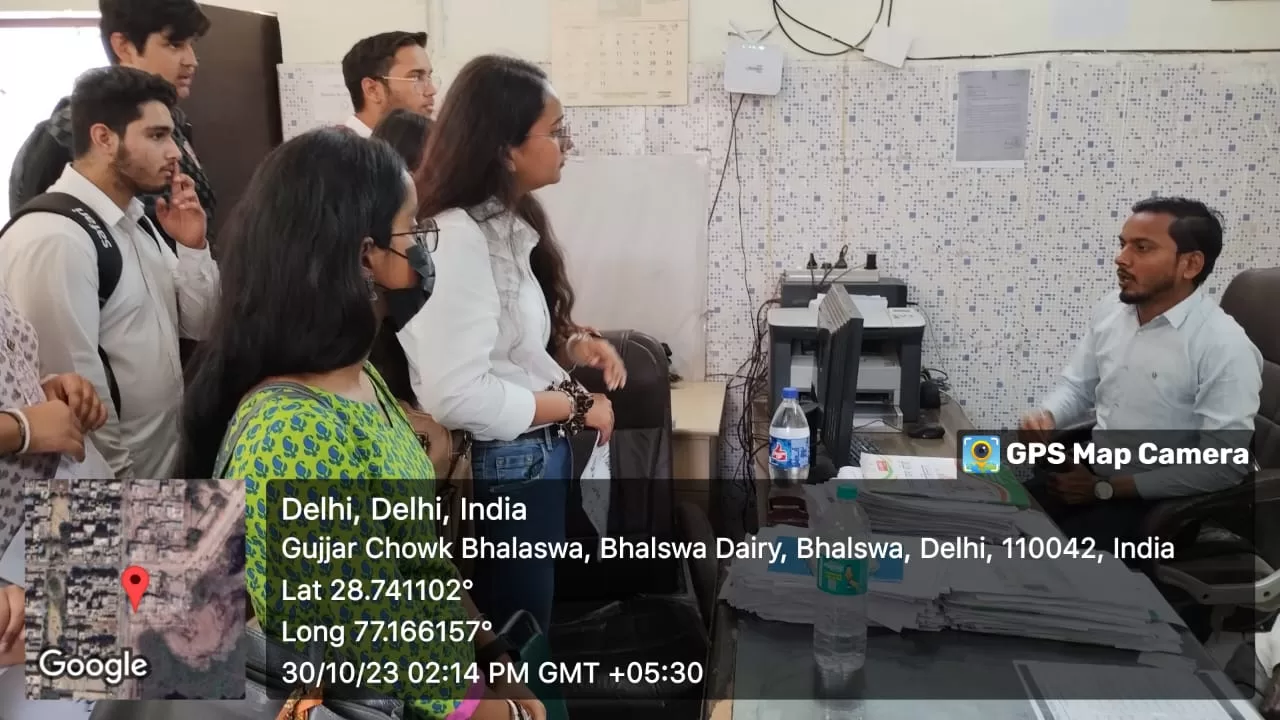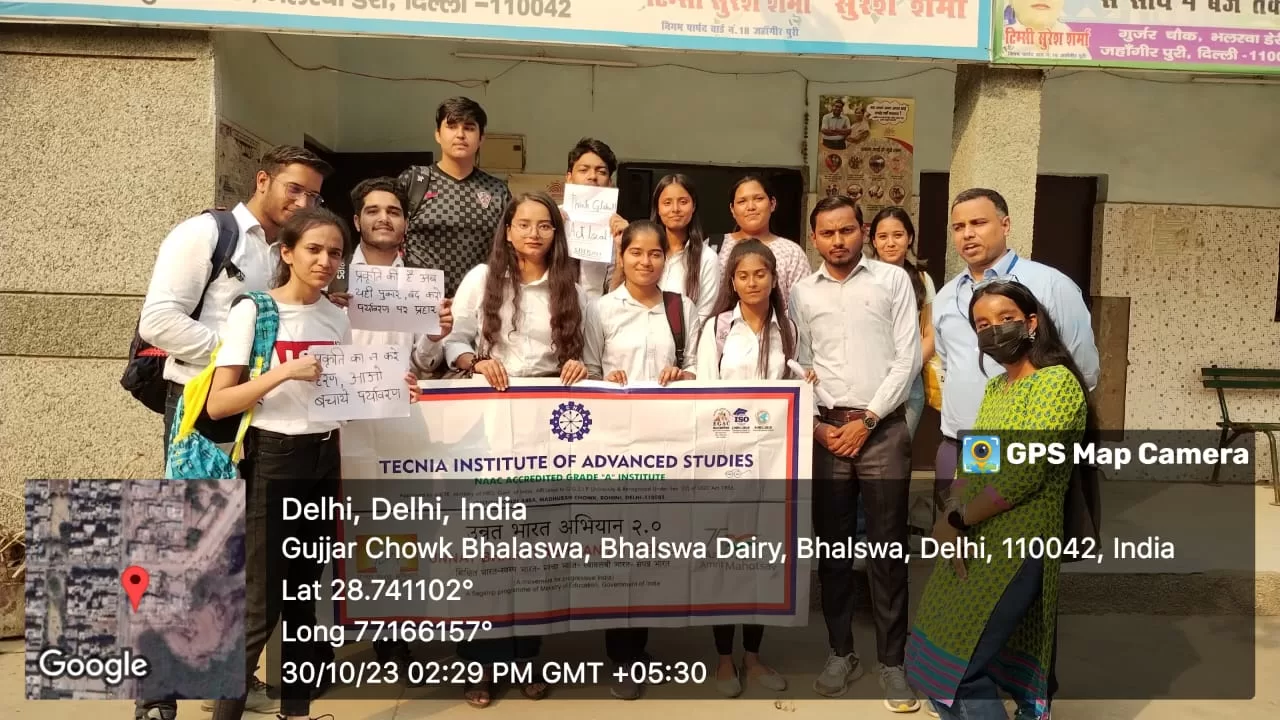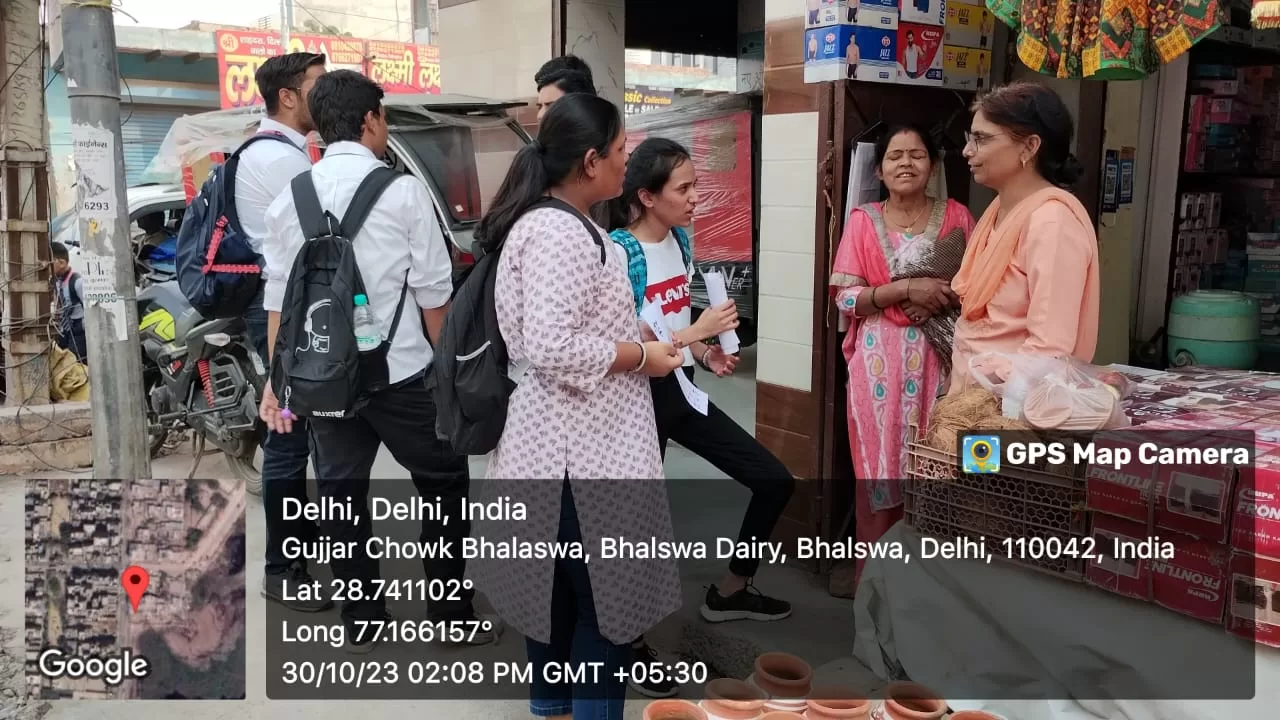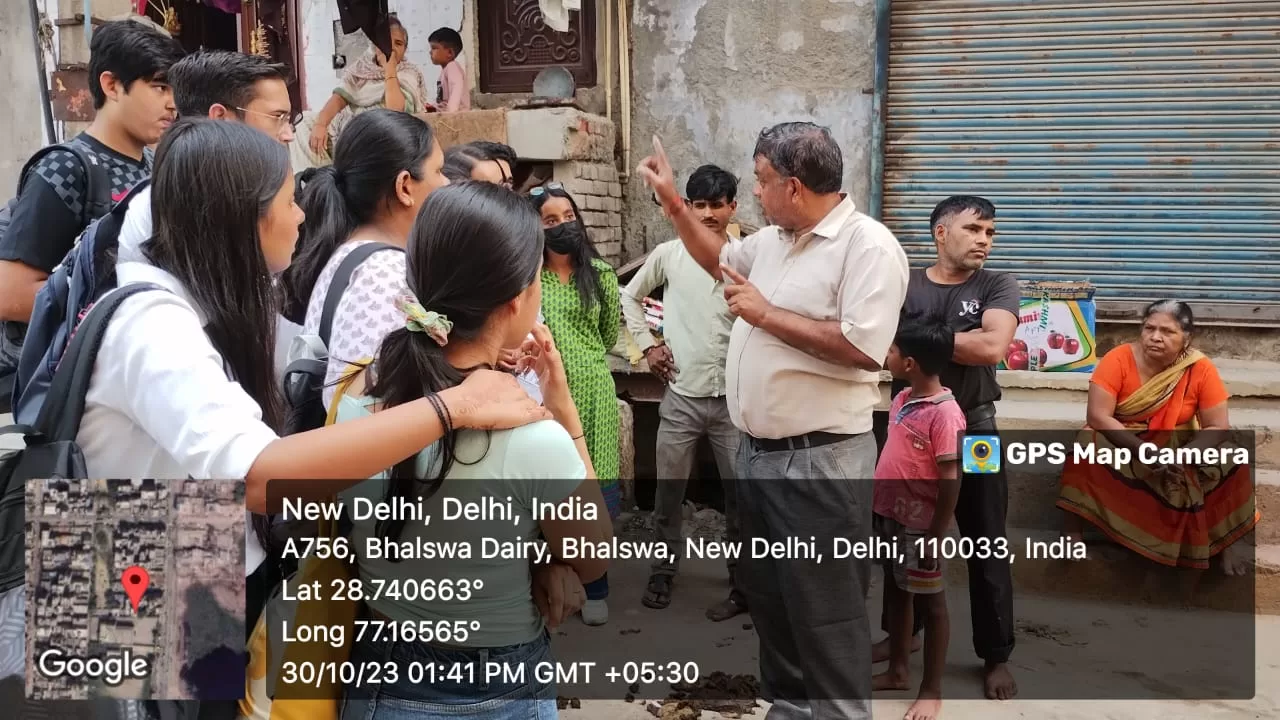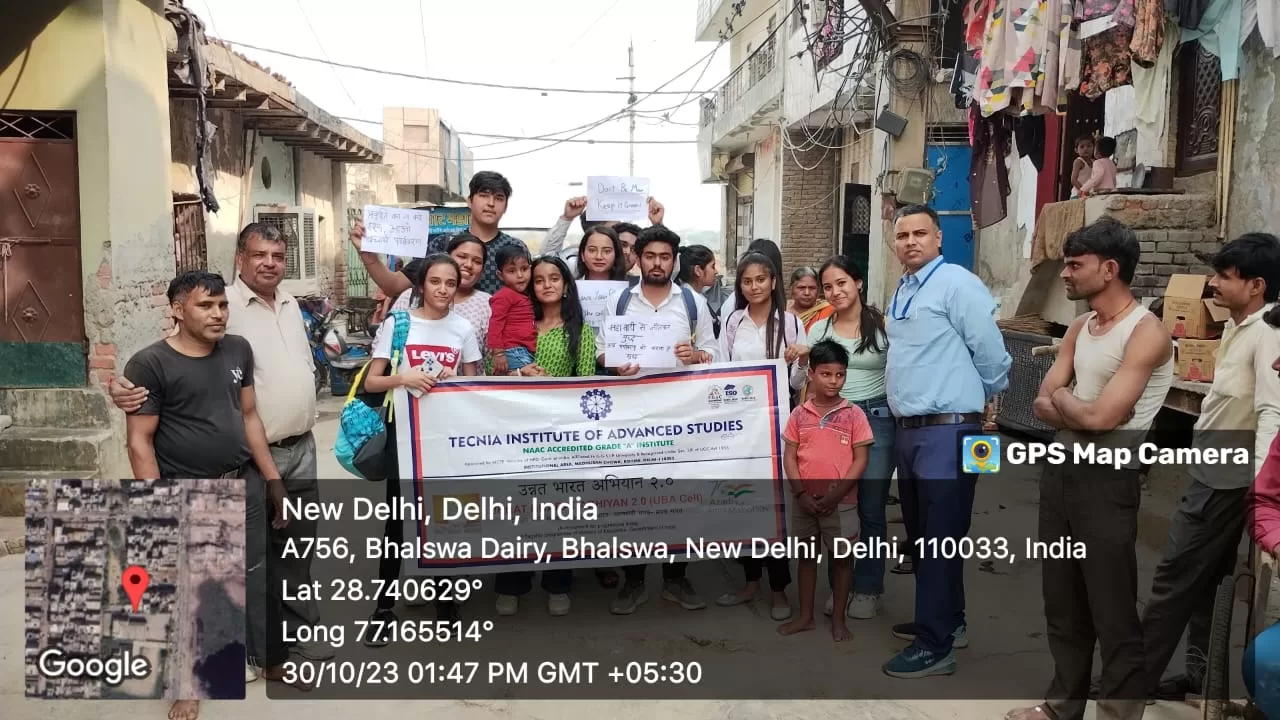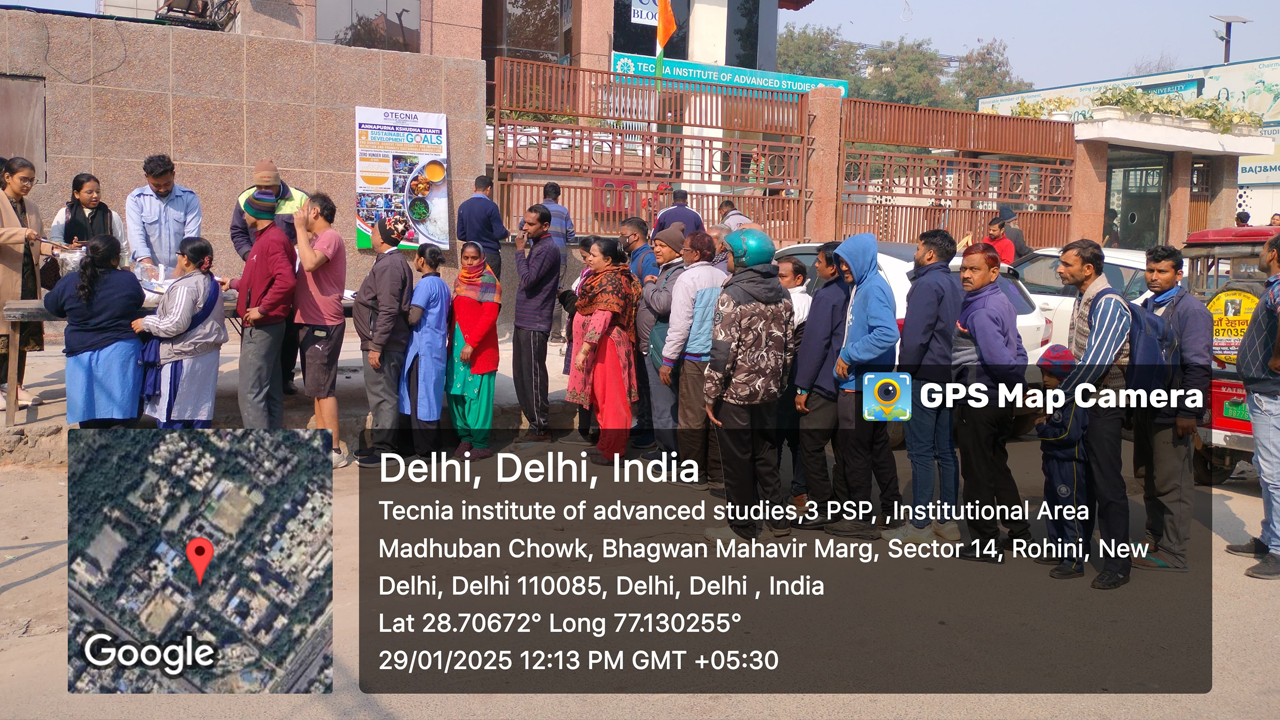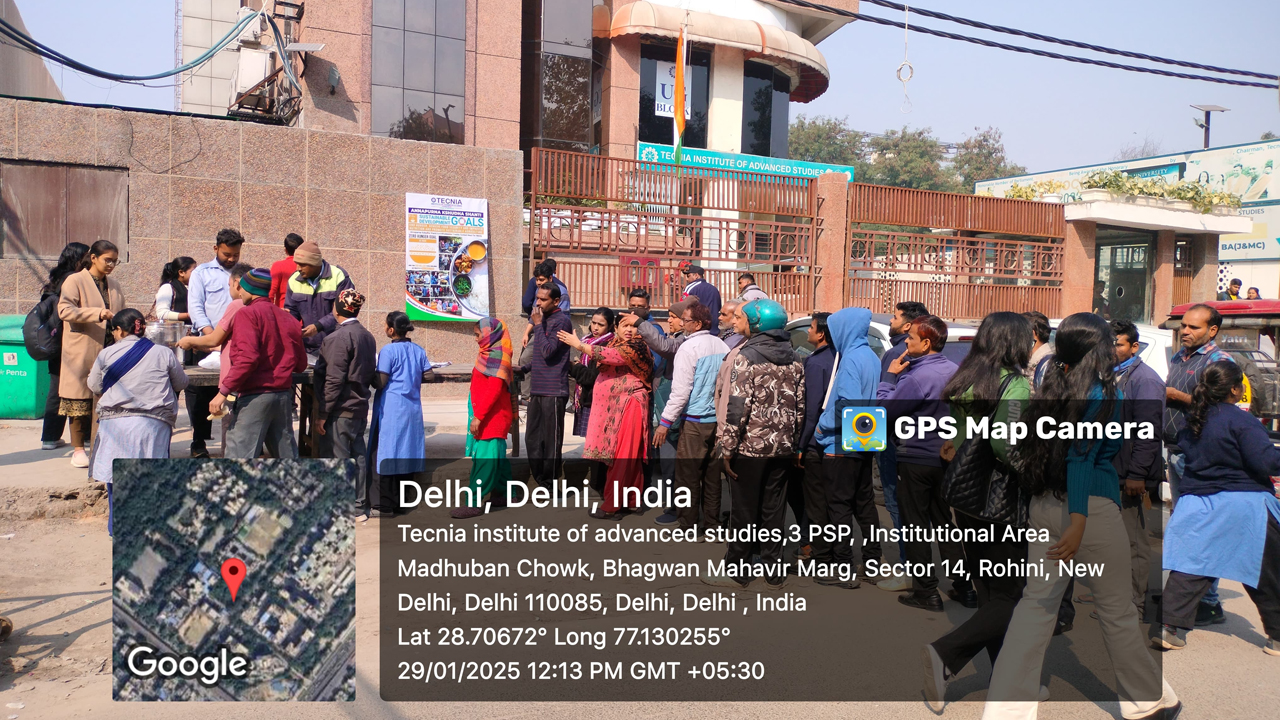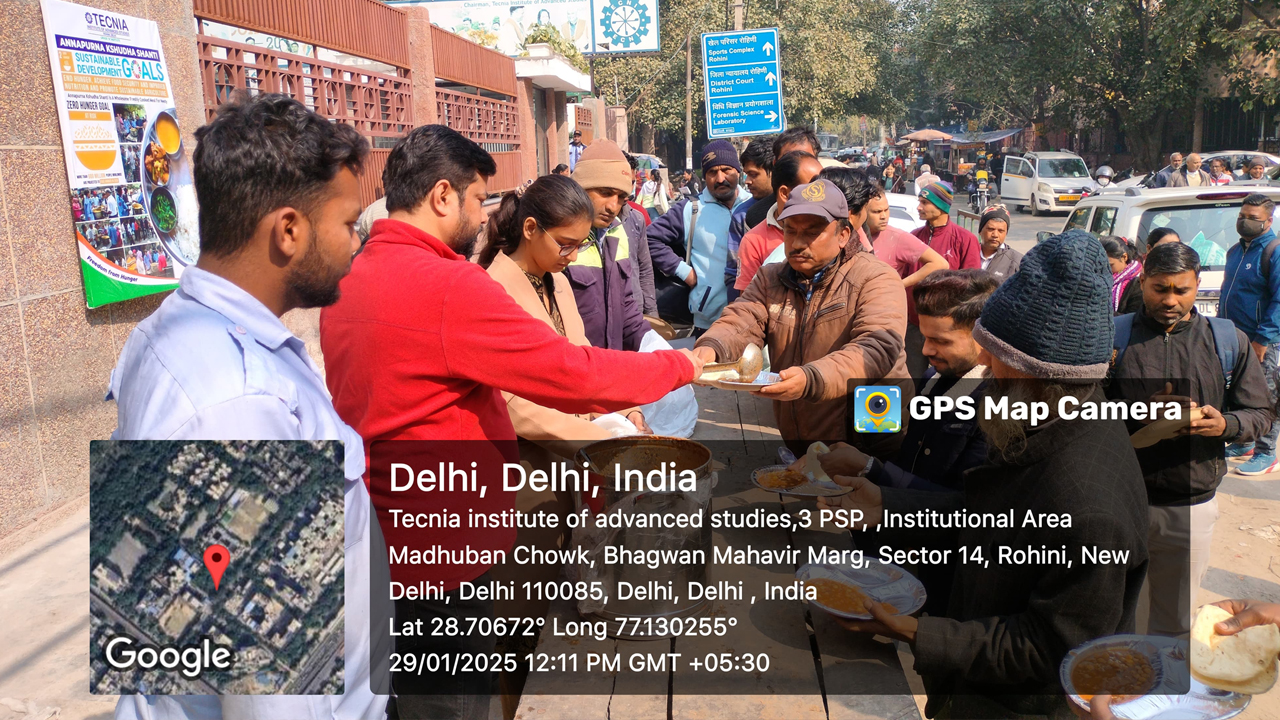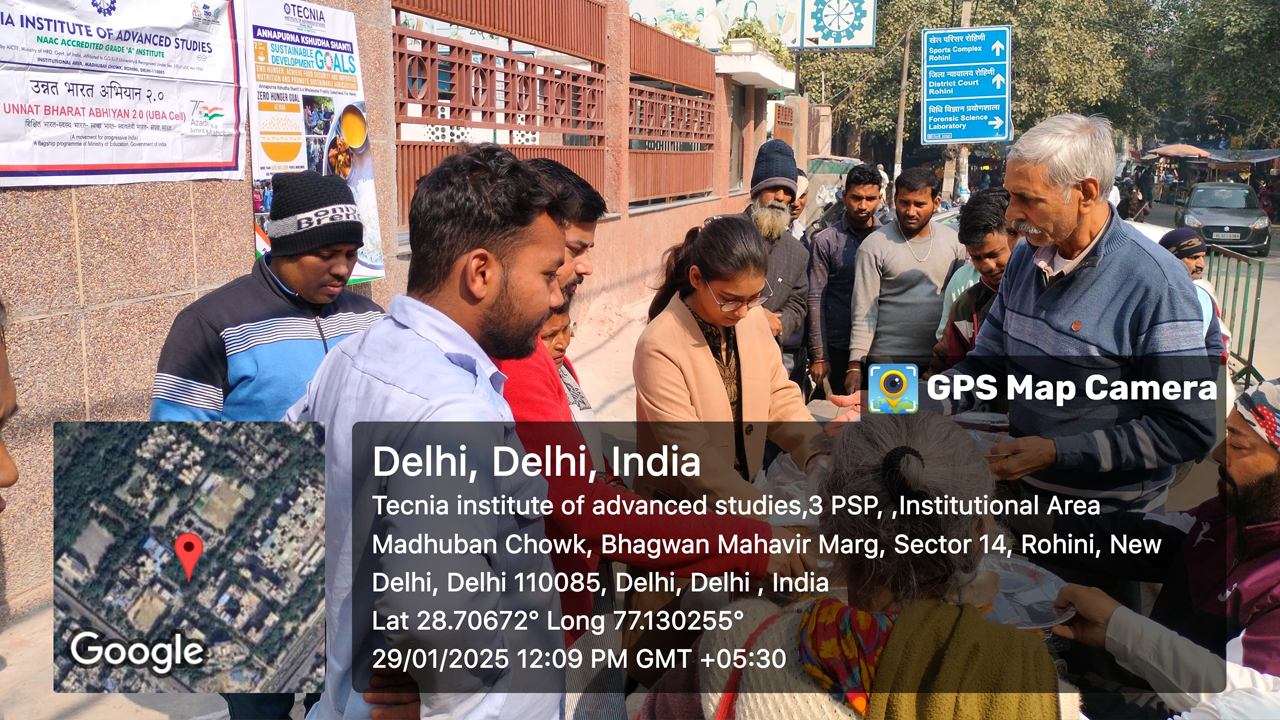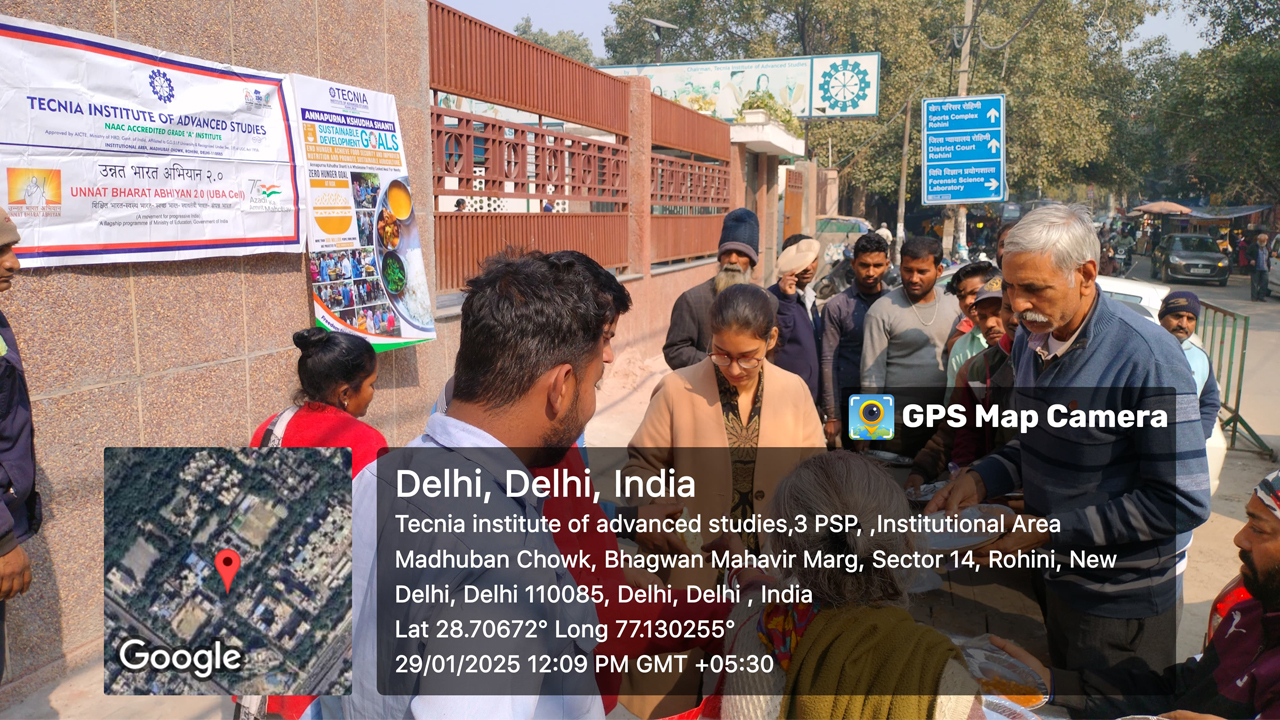
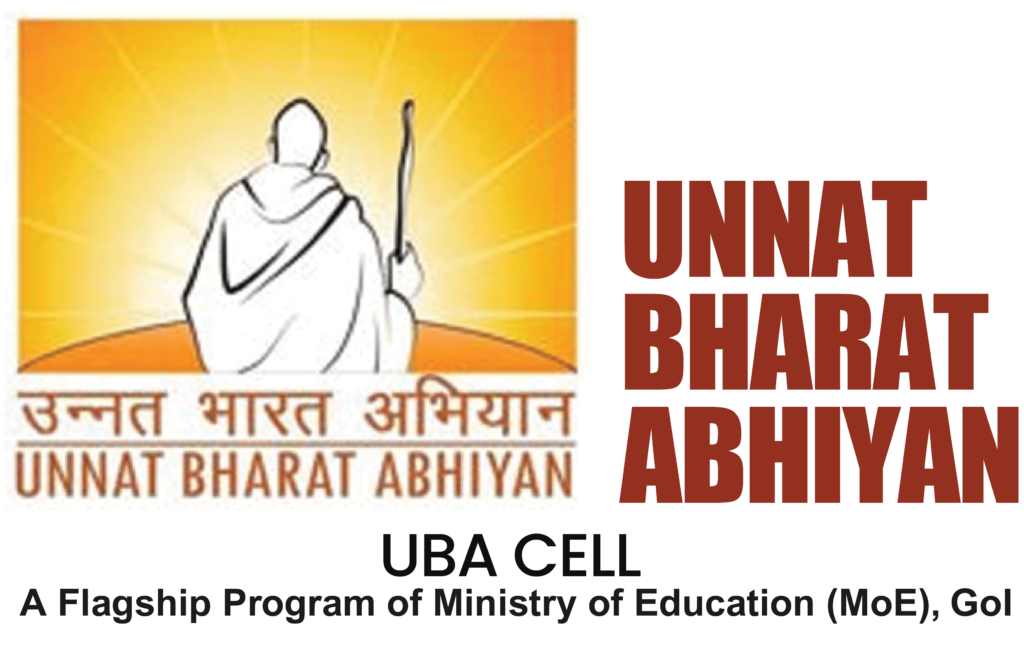
उन्नत भारत अभियान २.०
UNNAT BHARAT ABHIYAN 2.0 (UBA Cell)
A flagship programme of Ministry of Education, Government of India
- INTRODUCTION
- BACKGROUND AND NEED
- MISSION & VISION
- MAJOR AREAS OF INTERVENTION
- STRUCTURAL NETWORK
- IMPLEMENTATION
- NODAL OFFICER RESPONSIBILITIES
- MEMORANDUM AND ORDERS
- CHAIR-COMMITTEE-MOM
- CALENDAR & COMPANION
- ACTION PLAN
- REPORTS
- DOWNLOADS
- ACTIVITY REPORT
- E-MAIL REPORTS
- PHOTO GALLERY
- CONTACT & LINKAGES
- TITLE / NOTICE
Introduction
The MHRD, GoI now MoE has launched a programme called Unnat Bharat Abhiyan with an aim to connect institute with local communities to address the development challenges through appropriate technologies. Further, AICTE Approval Process Handbook – 2022-23; APPENDIX-6: Norms for Essential and Desirable Requirements of the Technical Institutions; Clause: 6.2 Desirable Requirements of a Technical Institution; Point No. 19 Implementation of Unnat Bharat Abhiyan / Saansad Adarsh Gram Yojana (SAGY). The AICTE endeavours on supporting the institutions to get autonomy, accreditation ranking through Unnat Bharat Abhiyan and in reference to the Office Memorandum of UBA File No. 5-1/2016-UBA; MHRD; DHE; UBA Cell; Dt. 20.02.2018; Subject: Unnat Bharat Abhiyan Programme of Government of India establish a UBA Cell which will be responsible for carrying out the activities of UBA in that institution with the objectives of Unnat Bharat Abhiyan.
Accordingly, Tecnia Institute of Advanced Studies as a prospective Mentoring Institute had setup UBA Cell.
BACKGROUND AND NEED
Unnat Bharat Abhiyan 2.0 is inspired by the vision of transformational change in rural development processes by leveraging knowledge institutions to help build the architecture of an Inclusive India.
Unnat Bharat Abhiyan 2.0 is inspired by the vision of transformational change in rural development processes by leveraging knowledge institutions to help build the architecture of an Inclusive India.
Presently, 70% of the population in India lives in rural areas engaged in agrarian economy with agriculture and allied sector employing 51% of the total work-force but accounting for only 17% of the country’s GDP. There are huge developmental disconnects between the rural and urban sectors such as inequity in health, education, incomes and basic amenities as well as employment opportunities – all causing great discontent and large-scale migration to urban areas. The imperatives of sustainable development which are being felt more and more acutely all over the world also demand eco-friendly development of the villages and creation of appropriate employment opportunities locally. Increasing urbanization is neither sustainable nor desirable
The conceptualization of Unnat Bharat Abhiyan started with the initiative of a group of dedicated faculty members of Indian Institute of Technology, Delhi working for long in the area of rural development and appropriate technology. The concept was nurtured through wide consultation with the representatives of a number of technical institutions, Rural Technology Action Group (RuTAG) coordinators, voluntary organizations and government agencies, actively involved in rural development work, during a National workshop held at IIT Delhi in September, 2014. The workshop was sponsored by Council for Advancement of People’s Action and Rural Technology (CAPART), Ministry of Rural Development, Govt. of India. The program was formally launched by the Ministry of Education (MoE) (formerly Ministry Human Resource Development (MHRD)) in presence of The President of India on 11th November, 2014.
IIT Delhi has been designated to act as the National Coordinating Institute for the UBA and several apex institutions (IITs, 11Sc, 11Ms, NITS, 111Ts, CUs) which already have adequate experience, know-how and infrastructural Set-up for rural development activities are being identified as regional coordinating institutions to nucleate the process and to take responsibility of nurturing and coordinating other institutions in their vicinity and thus act as nodal centres for the Abhiyan.
Our institute have largely been oriented to cater to the mainstream industrial sector and, barring a few exceptions, have now started contribute directly to the development of the rural sector. The students have the requisite knowledge and resources to help in transforming the lives of rural masses effectively. Unnat Bharat Abhiyan (UBA) has been conceived and accepted to explore the potential of institute to enrich rural India.
VISION
To involve the reputed higher educational institutions (technical / non-technical / public / private) of the country in the process of indigenous development of self-sufficient and sustainable village clusters
MISSION
In accordance with the above-mentioned vision, Unnat Bharat Abhiyan will strive to pursue the following:
- Develop the necessary• mechanism and proper coordination among educational institutions, implementation agencies (District Administration / Panchayati Raj Intuitions) and the grass root level stakeholders to enable effective intervention at the field level.
- Select suitable rural clusters and effectively participate in the holistic development of these clusters using eco-friendly sustainable technologies and local resources creating sufficient employment opportunities in the process, harnessing multifarious government schemes, Customised use of existing technologies and use of knowledge as per the local needs, to improve the livelihood of the rural masses will be the key intervention.
- Reorienting the academic curricula and research programs in higher educational institutions to make them more in alignment with the local needs to bring in holistic development
OBJECTIVES
- To engage the faculty and students of Institute in understanding rural realities
- To identify & select existing innovative technologies, enable customization technologies, or devise implementation method for innovative solutions, as required by the people
- To allow institute to contribute to devising systems for smooth implementation of various Govt. programs
GOALS
- To build an understanding of the development agenda within institutes of Higher Education and an institutional capacity and training relevant to national needs, especially those of rural India
- To re-emphasize the need for field work, stake-holder interactions and design for societal objectives as the basis of higher education
- To stress on rigorous reporting and useful outputs as central to developing new professions
- To provide rural India and regional agencies with access to the professional resources of the institutes of higher education, especially those that have acquired academic excellence in the field of science, engineering and technology, and management
- To improve development outcomes as a consequence of this research. To develop new professions and new processes to sustain and absorb the outcomes of research
- To foster a new dialogue within the larger community on science, society and the environment and to develop a sense of dignity and collective destiny.
MAJOR AREAS OF INTERVENTION
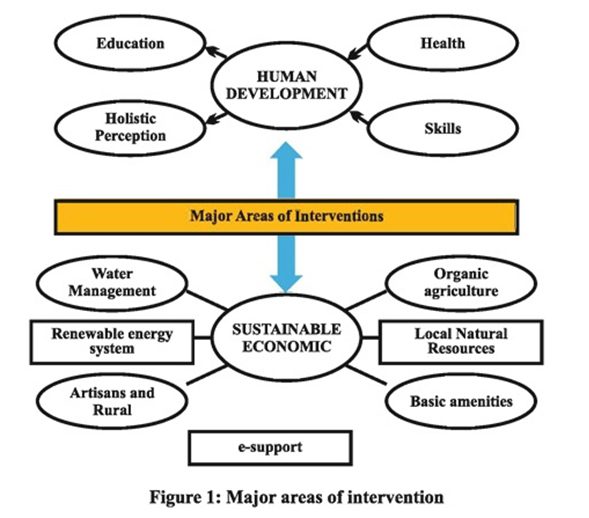
In order to move towards the holistic development of the villages, there are two major domains namely, human development and material (economic) development, which need to be developed in an integrated way. The major components of these two domains are given below and also illustrated in Figure 1
HUMAN DEVELOPMENT
- Health
- Education and culture
- Values
- Ski and entrepreneurship
MATERIAL (ECONOMIC) DEVELOPMENT
- Organic agriculture
- Water management and conservation
- Renewable energy sources
- Artisans and rural industries
- Development and harnessing of local natural resources
- Basic amenities
- E-support (IT – enabling)
MAJOR AREAS OF INTERVENTION
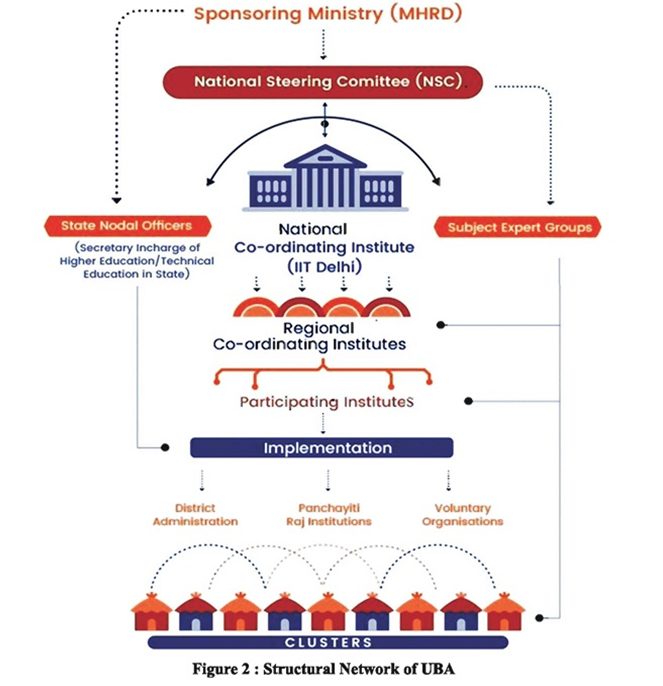
In order to implement such an ambitious programme nationwide, it is essential to set-up an adequate structural network with a large number of nodal institutions and a proper mechanism to plan, execute and monitor the activities regularly to be able to create a tangible positive impact. It is also very important to facilitate synergistic collaboration between the concerned ministries, district administration, local Panchayat Raj Institutes (PRIS), voluntary organizations, other stakeholders, and participating institutions in UBA. The (Figure 2) structure for this purpose has been visualized so far and is being created in a phase manner.
- The Tecnia Institute of Advanced Studies (TIAS) was selected through a challenge mode, from both technical and non-technical streams, based on parameters of – history of engagement with rural communities, adequate faculty, and commitment to the programme objectives
- The Institute will work with the State Government, District Authorities/ PRIs/ other institutions and Non-Governmental Organizations, for arriving at suitable solutions for improving the social and economic well-being of the rural communities.
- The Institute shall meet from their own resources all expenses for the field visits, and any other expense that is not specifically funded under the scheme
- Where a new technological solution is to be developed or existing technological solution is to be customized, as per the local requirements, a small grant would be available under the scheme, as recommended by the Subject Expert Groups
- Institute is expected to do field studies, study the implementation of Government schemes, and facilitate their better implementation so that they meet the objectives to be the best UBA Cell.
The interventions under the UBA can cover various field such as:-
- Low cost technological solutions covering Agriculture/Education/Health /Sanitation/Housing
- Organic/Natural Farming
- Swachh Bharat Abhiyan
- Dringking Water
- Bioenergy
- Afforestation
- Skill Development
- Digital Literacy/e-Gram Panchayat etc
- TIAS was selected for participation in Unnat Bharat Abhiyan, based on a Challenge Mode.
- The MoE would intimate the concerned District Collectors about the villages identified by the Institute and seek cooperation for the propagation of UBA objectives.
- The institute would be provided with a training and orientation programme to expose the students for rural engagement mechanisms, rural technologies and practices in vogue etc. The orientation sessions will be organized by the National Coordinating Institution
- Identification of solutions by the Institute would take place after a qualitative engagement with the rural people, local bodies, district authorities and obtaining a clear insight into the problems and requirements of the adopted villages.
- The solutions proposed would be uploaded to the UBA portal giving a clear statement of the problem, proposed solution, with proof of requirement & willingness to fund the solution by the District Authorities / Central and State Government/ Corporates/ Philanthropies, cost of the solutions etc. which would be verified by the Subject Expert Group (SEG) Institutions constituted
- After verification of the proposed solutions by the SEGs, assistance would be recommended by SEG up to Rs.1 lakh per technology for selection of technical solutions and upto Rs.50,000/-per village for customization of any existing solution in the village. This amount is only towards meeting a portion of the gap in fund availability. For the non-technical institutions carrying out awareness & sensitization programmes and also participating in spreading knowledge of improved practices and processes, a token amount of Rs. 10,000/- per village would be released on the conclusion of visits and reporting of intervention.
- The solutions selected/ customized would be sustainable, innovative, implementable and scalable. There is no scope for lab projects or proto-types and all solutions should have been tested at field level. There would also be no scope for Institutions to suggest the solutions in the form of provision of subsidies, provision of funds for implementation financing research proposals or projects for construction of infrastructure for funding from UBA. Long-term research projects/ Fellowships of any kind, cost on Ph.D. programmes, setting up laboratories/ centers, Exhibitions & similar events, Workshops (except when MHRD conducts Workshops) and capital /construction expenditure of any sort, also do not attract UBA funding. All selected solutions are to be customized in the village with the assistance of the Gram Panchayat and outcomes to be recorded by the institutions. A web-based monitoring system would be in place with all progress uploaded on the Portal along with Geo Tagged photographs.
- Sponsoring Ministry – MHRD The Ministry of Human Resource Development (MHRD), Government Of India has launched the program of Unnat Bharat Abhiyan (UBA), a national program with the vision to involve the professional and other higher educational institutions of the country in the development process of Gram Panchayats so as to enable village clusters to achieve sustainable development and better quality of life. Basic funding for setting up the structural network of UBA and for orientation of UBA teams to enable effective participation, i.e. establishing and running the UBA cells of NCI, RCIs, Pls, token fund for carrying out awareness & sensitization programmes to new selected participating institutions, is to be provided by MHRD. In addition, the requisite funding for the working of subject expert groups for preparation of resource material, training workshops etc. will also need to be provided by MHRD. MHRD would also provide gap funds for technology customization and implementation.
- National Steering Committee To provide a much-required thrust in implementation, it has been decided to form a National Steering Committee that could lead the efforts by working with all the stakeholder institutions and State Governments. The National Steering Committee (NSC) is a body of reputed experts constituted Vide MHRD order no. 1-1/2016-UBA dated: 4th April 2016 and would be an apex policy making body. It has representatives from Ministries / Departments of Human Resource Development, Rural Development, Panchayati Raj, Land Resources, Drinking Water & Sanitation and a few others.
- National Co-ordination Institute (NCI) The Indian Institute of Technology Delhi will be the National Coordination Institute (NCI) for the scheme. The NCI has the overall responsibility in the selection, training of institutions, constituting the Subject Expert Groups and monitoring the programme through a web portal. They are accountable for successful implementation of the UBA as per the objectives of the programme
- Subject Expert Group Institutions (SEGs) The Subject Expert Groups are institutions which have been appointed by the NCI for providing operational expertise sought by the institutions engaged in the rural works. They evaluate and approve the technical solutions proposed by the institutions and monitor the customization process. These Subject Expert Groups will be responsible for preparing and updating the Status-cum-know-how resource manual and other training/course material as well as conducting the required training workshops in various specialized areas of intervention for all the UBA functionaries SEGs will directly interact with National Coordinating Institute and Participating Institutions. Based on the need, the experts of SEGs will visit the villages under consideration for implementation of UBA program.
List of members of NSC is enclosed as Annexure 2
Responsibilities and Expectations from SEGs are:
- To act as a think tank and technical expertise resource
- To provide guidance on the vision, strategies and tentative roadmap in the subject area
- To provide requisite training, orientation, and help in the actual implementation process
- To develop course material to reorient the training of institutions
- To evaluate and approve new technical solutions submitted by PIs or any other inventors
List of SEGs is enclosed as Annexure 3
- Regional Coordinating Institutions (RCIs) These are the institutions identified by the NSC for the purpose of better coordination of the programme in specified areas/ States.In order to facilitate, guide and monitor the activities of the participating institutions the Regional Coordinating Institutions will be identified on the basis of their earlier experience and infrastructural competence etc. These institutions will act as nodal centers for promoting UBA network in their region. These will be responsible for grooming the participating institutions in their neighbouring region in addition to carrying out their own cluster activities
- State Government/ District Administration
- The state government may appoint one Nodal Officer for UBA at the level of
- Secretary, preferably the Principal Secretary for Higher Education of the state
- The state government will be expected to constitute a State Steering Committee
- (UBA) with due representations from different Ministries/Departments as well as major academic institutions in the state, NCI as well as RCIs in the state.
- The state government will be expected to involve different district administration units represented by the collector on one hand and various academic institutes (institutes of higher learning including polytechnics) in the state represented by the UBA coordinators designated/nominated by the head of the institution to take up activities for development in rural areas of the state
- The district administration will facilitate and support the institutes and faculty in their visit to villages, as required.
- The district administration will provide support for conducting training and exposure visits of village functionaries
- The district administration will be expected to popularize UBA initiatives, through well-designed communication strategies to widen participation and make it a true campaign
NODAL OFFICER RESPONSIBILITIES
The UBA Cell will operate under the Nodal Officer at Institute level and is expected to be motivate the students for the cause of rural engagement, driven by the desire to effect solutions to rural needs, augment their course & research content into socially required channels and possess the aptitude to leverage the exposure being provided to rural processes for the benefit of their students & faculty.
In line with the above, would be expected to meet the cost of travel, stay at village other operational expenses on their own: award credits to the students involved in UBA; allow use of their labs for developing solutions; meet additional cost, if any, for selection of solutions: accept only the token financial contributions being made by UBA.
Institute as expected established a UBA cell which will be responsible for carrying out the activities of UBA in the institution. This will involve the development of an active working group consisting of motivated faculty members drawn from various departments and centers as well as a few student representatives. This may be called the core working group of UBA which will be primarily responsible for carrying out the activities pertaining to UBA within and outside the institute.
The main responsibility of UBA cell will be primarily to develop linkage with selective rural clusters, involve in the planning process as well as promote the requisite interventions to improvise and expedite the developmental efforts in those clusters. On the other hand, UBA cell will also be responsible for developing the competence of its working group by appropriate orientation, training and creation of an appropriate ethos within the institution towards indigenous and sustainable rural development; also initiating requisite curricular modifications and other facilitating measures.
UBA CELL EXPECTATIONS
The institute is expected to closely coordinate with the state government / district administration / Panchayat Raj Institutions/ other stakeholders including voluntary organizations with the intention to
- Understand the needs of selected villages
- Explore the possibilities of customizing existing technologies / need to develop a technology / improving the implementation mechanism of existing government schemes, as per the local needs
- Explore the possibilities of getting find support from district administration / panchayat raj institutions / Other sources, apart from the internal resources Of the institute
- Preparing an action plan accordingly, for the selected villages to enrich rural life, with close coordination with all stakeholders;
- Implementation of the action plan in coordination with local administration and other stakeholders.
THE MANDATE
The students of the Institute are welcome to participate in the Unnat Bharat Abhiyan in any of the following capacity as per their present status, competence and interest: Tecnia Institute of Advanced Studies (Mentoring Institution) as a Participating Mentoring Institute; Faculty as a Subject Expert; Tecnia Alumni as a Voluntary Organization; NSS as a Developmental Agency; Industries as a Philanthropist or a CSR Promoter; UBA Volunteers also as NSS Member; UBA as an Enthusiastic Volunteer
UBA BROCHURE
THE ACTION PLAN
Initially evolutionary period, the main emphasis will be on setting up the structural network and the modalities along with developing the interventional competence as well as the rapport between various constituents involved in the UBA viz., Participating Institutions, Panchayati Raj Institutions, concerned ministries/departments, voluntary organizations and winning the confidence of the people at large. This process is likely to be rather slow and painstaking. Institute UBA Cell will have to go through it perseveringly before a tangible impact become visible in the field
ADOPTED VILLAGE DEVELOPMENT PLAN
Accordingly, Tecnia Institute of Advanced Studies as a prospective Mentoring Institute had adopted 5 villages:-
| ||||||||||||||||||||||||||||
Village Development Plan has to be prepared for every village identified in consultation with the district collectors. An environment should be created and social mobilization carried out by the knowledge institution in charge of the cluster.
The following steps could take:-
- Participation in the village activity like Gram Sabha, Mahila Sabha, Bal Sabha, youth clubs
- Demonstration of videos of best practices in village development
- Visiting the village school and interacting with teachers and students.
- Putting up the banner, distributing pamphlets, and organizing rallies on important occasions
- Organizing cleanliness drive
- Planting of trees
- Listing to the grievances of the people, a major problem in the area, and talking about their solutions
Once there is enough familiarity achieved with people, one can go for a BASELINE SURVEY, to clearly define the existing scenario and to collect the basic data, identify problems faced the people as well as the potential for development. A situation analysis should be carried out, depicting the resource mapping, including human population, schools, nearest railway station, police station, post office, e-highway, land use, water bodies, irrigation structures, shops, roads, households, agriculture fields, forests if any, cattle, etc.
A needs matrix should be prepared and prioritization carried out. A strategy for development and plan of action has to be prepared. The schemes and projects required should be outlined, including those centrally sponsored and States sponsored. All these should be carried out in consultation with people and the Gram Sabha.
Based on this a Draft Village Development Plan should be developed. This should be discussed with the district collector and other officers. Once approved the district collector may like to include the same and integrate with overall district plan. A tentative timeline for the above could be as follows:
|
MONITORING
At the national level, a web-based system will be in place with an interface enabling the knowledge Institutions and other key stakeholders to log-in and give suggestions/comments, and even raise queries or complaints. These would be promptly responded to by the implementing authorities. Every activity taken under this programme will be photographed and geo-tagged and made available in public domain. The outputs under each activity would be measured every quarter vis-å-vis the physical and financial targets set out in the Village Development Plan.
ACTIVITIES REPORTS
|
|
||||||||||||||||||||||||||||||||||||||||||||||||||||||||||||||||||||||||||||||||||||||||||||||||||||||||||||||||||||||||||||||||||||||||||||
E-Mail Reports
|
|||||||||||||||||||||||||
|
|||||||||||||||
|
For more information in this regard, you may please visit the UBA website and contact:-
Nodal Officer – UBA Cell
Dr. Rajnesh Kumar Pandey (Nodal Officer)
TECNIA INSTITUTE OF ADVANCED STUDIES
3PSP, Institutional Area, Madhuban Chowk, Rohini, Delhi-85, India
Phone: 011-27555121-2223-24 • Mobile: 9250408921 9818083607 • Fax: 27555120
|
No. |
DATE |
TOPIC |
REPORT |
PDF |
| 1. | 17.03.2023 | Unnat Bharat Abhiyan <unnatbharatabhiyaniitd@gmail.com> | Unnat Bharat Abhiyan Welcome Kit (25 PIs) |  |
|
No. |
DATE |
TOPIC |
REPORT |
PDF |
| 1. | 14.07.2022 | Registrar, GGS Indraprastha University, Delhi registrar@ipu.ac.in | Unnat Bharat Abhiyan(UBA) Scheme |  |
|
No. |
DATE |
TOPIC |
REPORT |
PDF |
| 1. | 14.07.2022 | Registrar, GGS Indraprastha University, Delhi registrar@ipu.ac.in | Unnat Bharat Abhiyan(UBA) Scheme |  |
|
Sr. No. |
Date |
Topic |
Report |
PDF |
| 1. | 07.01.2019 | Registrar, GGS Indraprastha University, Delhi registrar@ipu.ac.in | Unnat Bharat Abhiyan(UBA) Scheme . |  |
|
Sr. No. |
Date |
Topic |
Report |
PDF |
| 1. | 07.01.2019 | Registrar, GGS Indraprastha University, Delhi registrar@ipu.ac.in | Unnat Bharat Abhiyan(UBA) Scheme . |  |
|
Sr. No. |
Execution Date |
Topic |
Report |
|
Sr. No. |
Date |
Topic |
Report |
PDF |
| 1. | 06.03.2018 | aicte.admin@aicte-india.org | Ministry of Human Resource Development invited online application under ‘Unnat Bharat Abhiyan’ |  |
|
Sr. No. |
Date |
Topic |
Report |
PDF |
| 1. | 12.09.2018 | aicte.admin@aicte-india.org | Letter from Additional Secretary, UGC . |  |
| 2. | 19.09.2018 | aicte.admin@aicte-india.org | Date extended up to 28th September,2018 for interest/ registration for participation under the scheme Unnat Bharat Abhiyan. |  |
| 3. | 19.09.2018 | Ggsip University affiliationbranch123@gmail.com | Request for a active enrollment for participation under the scheme Unnat Bharat Abhiyan. |  |
|
Sr. No. |
Date |
Topic |
Report |
PDF |
| 1. | 31.12.2018 | aicte.admin@aicte-india.org | Letter from Additional Secretary, UGC . |  |
- Webpage Incharge : Mr. Ashish
